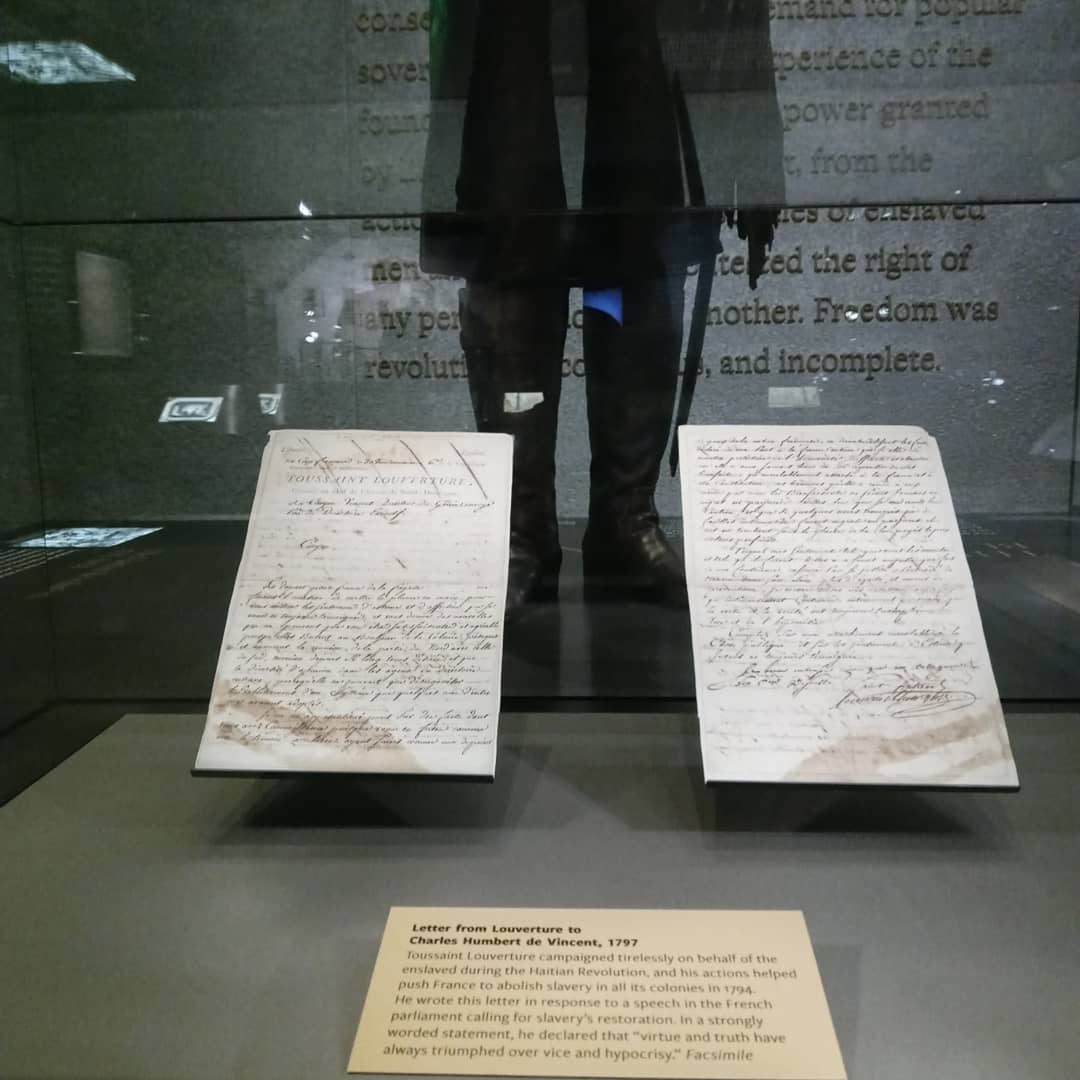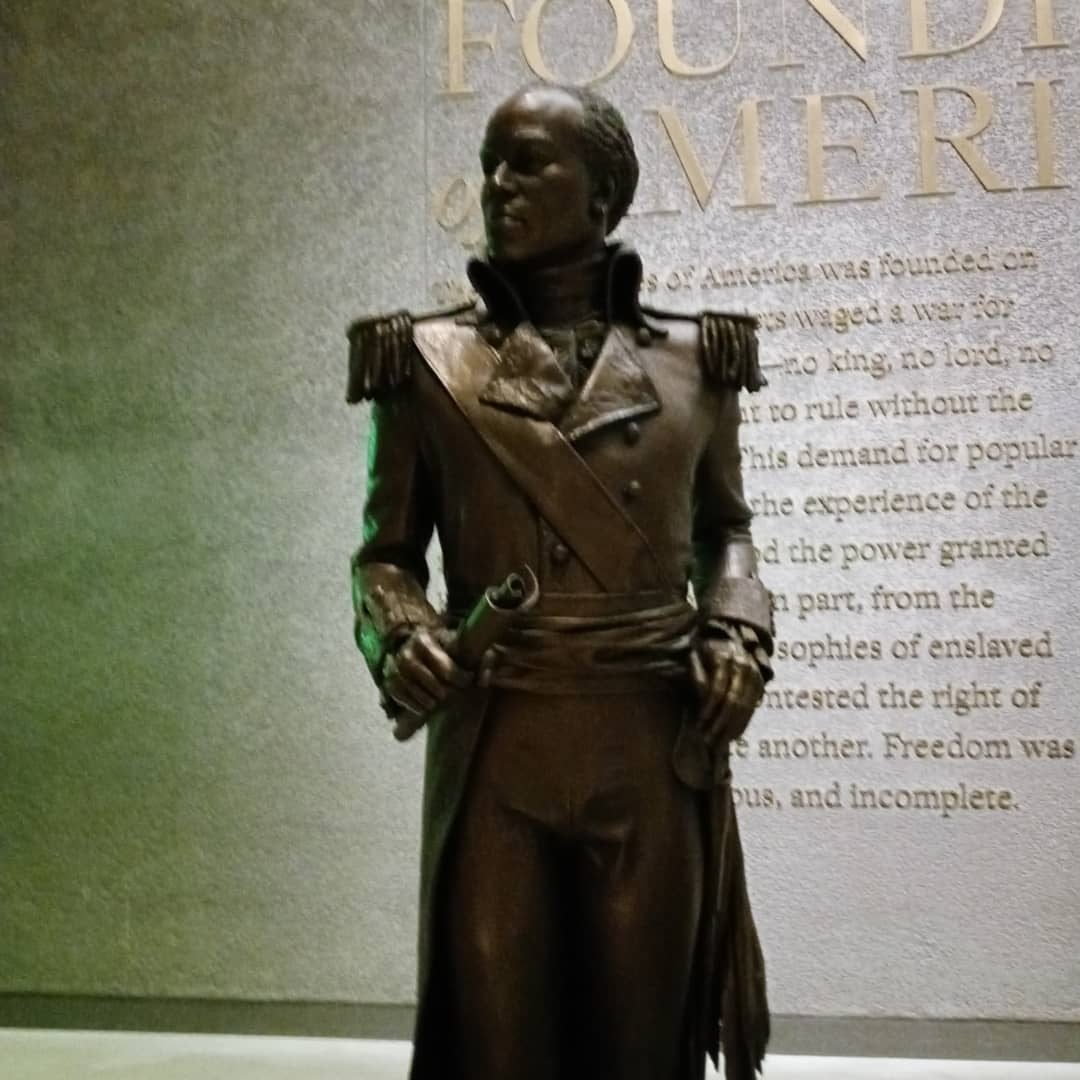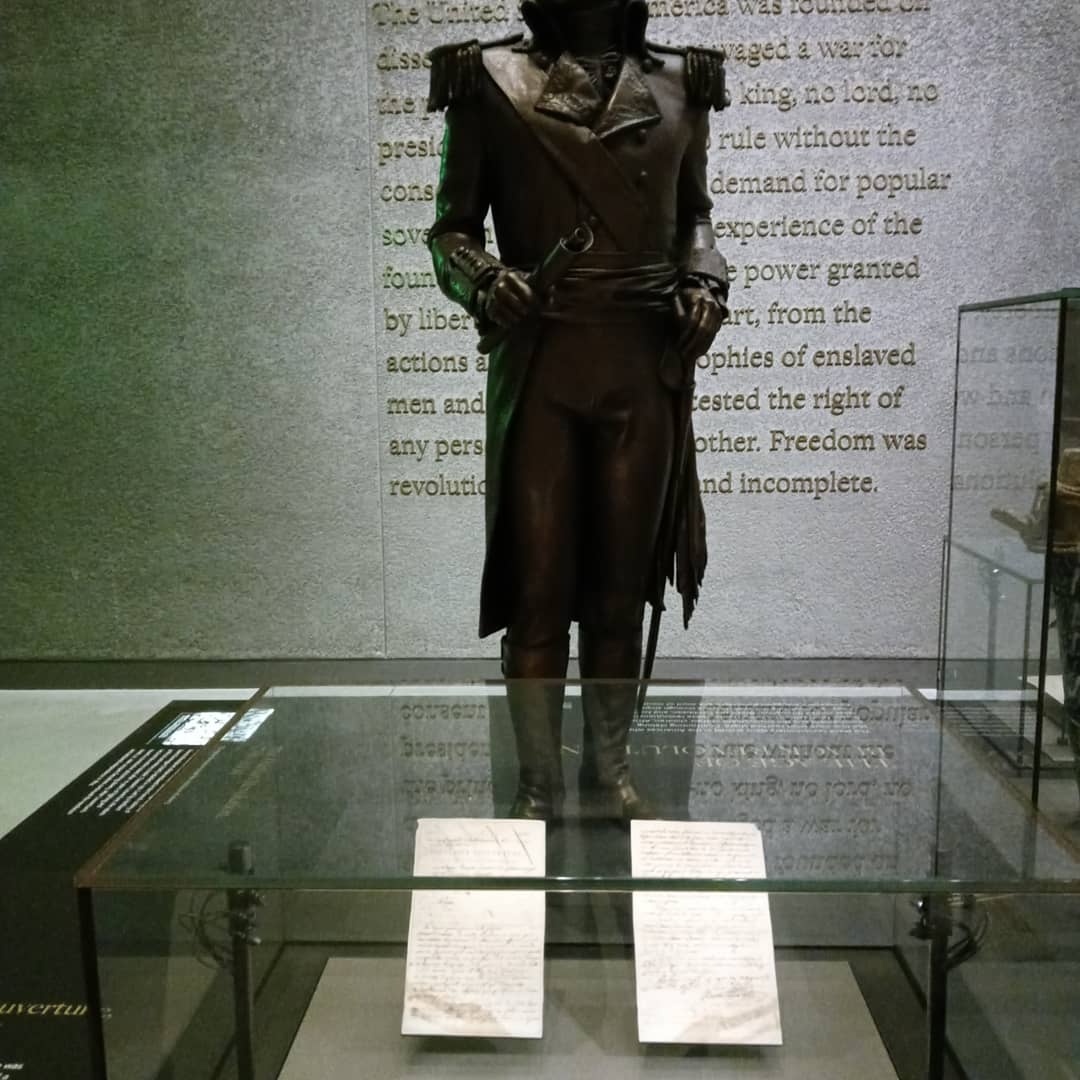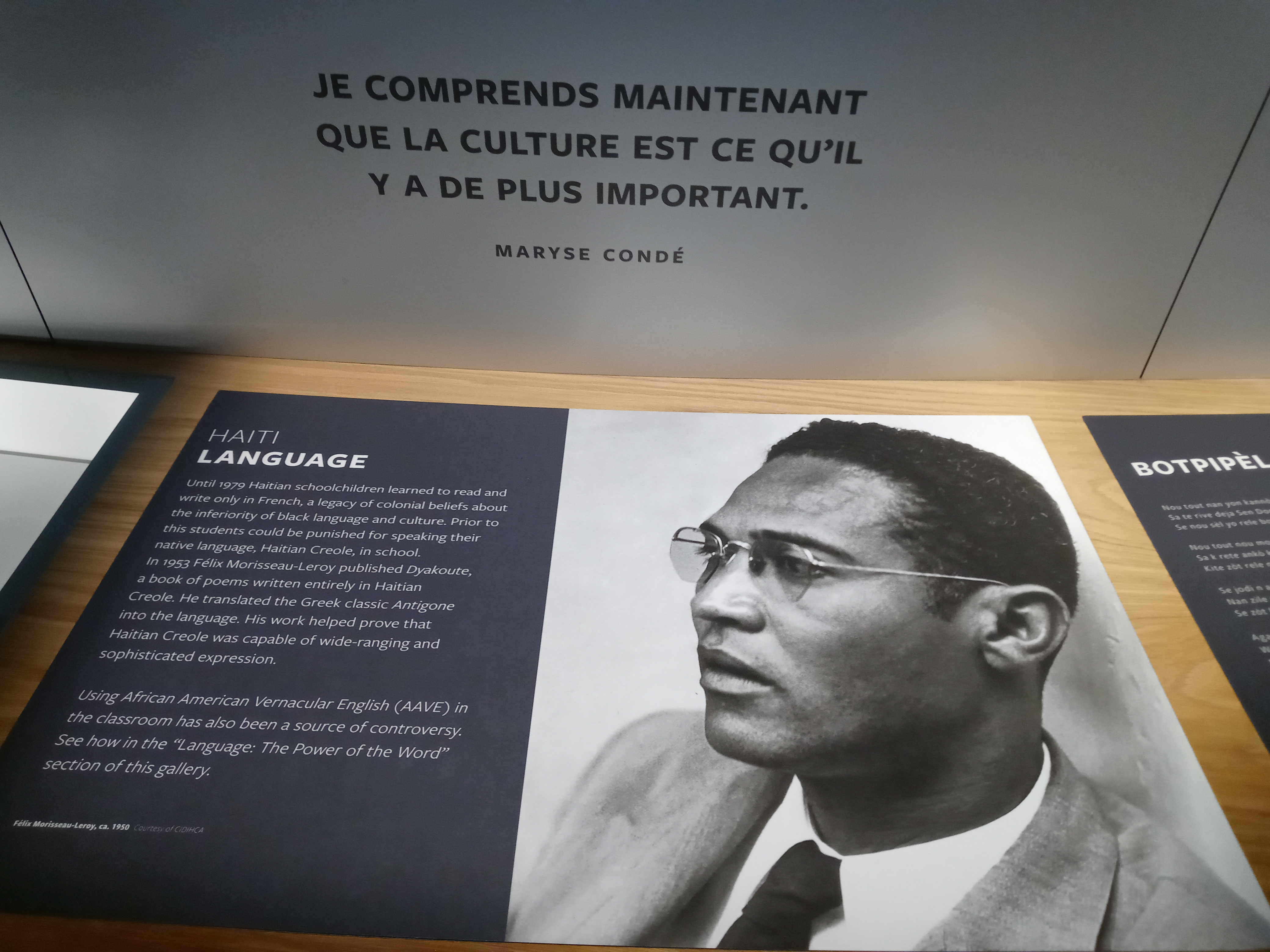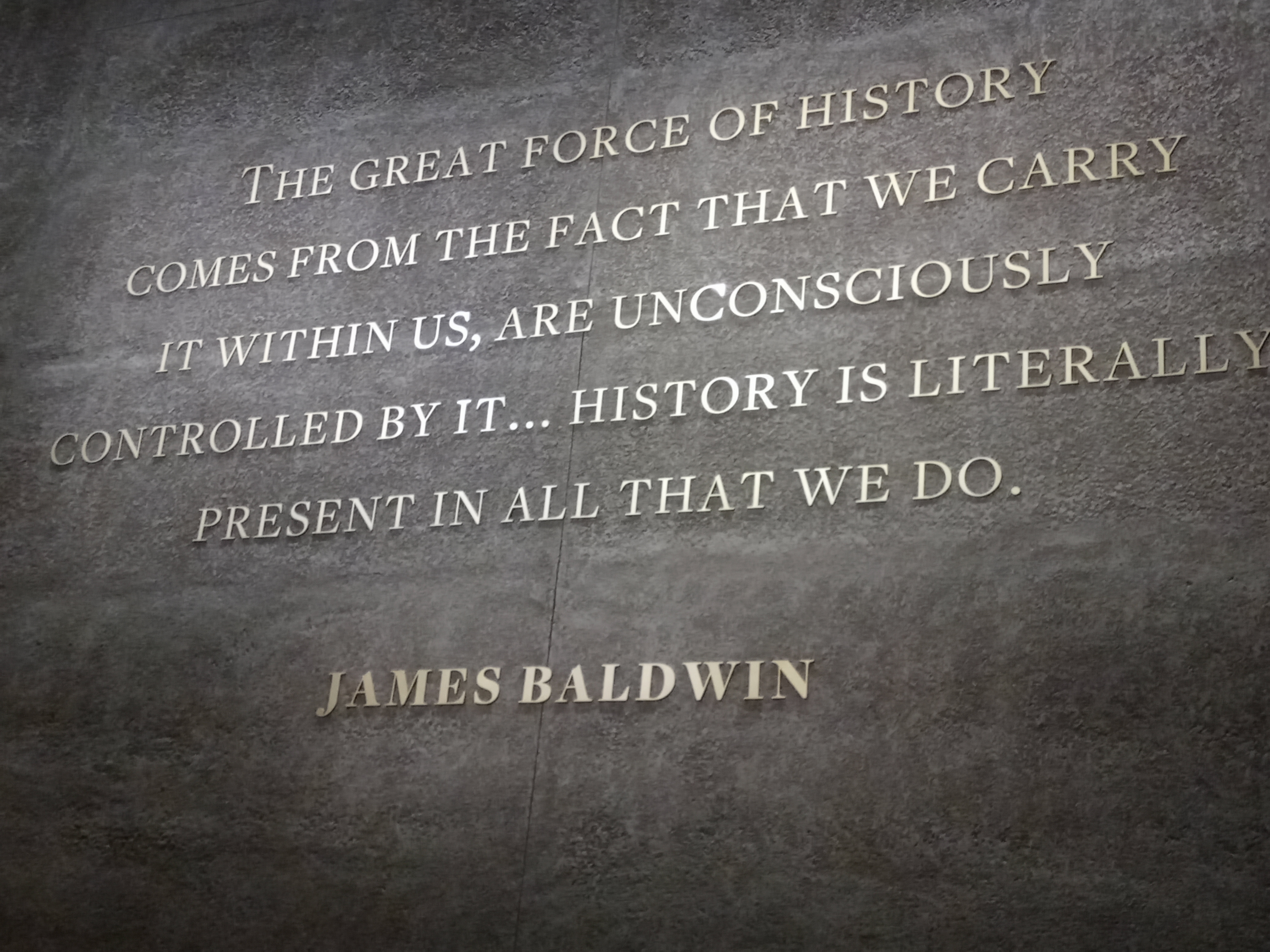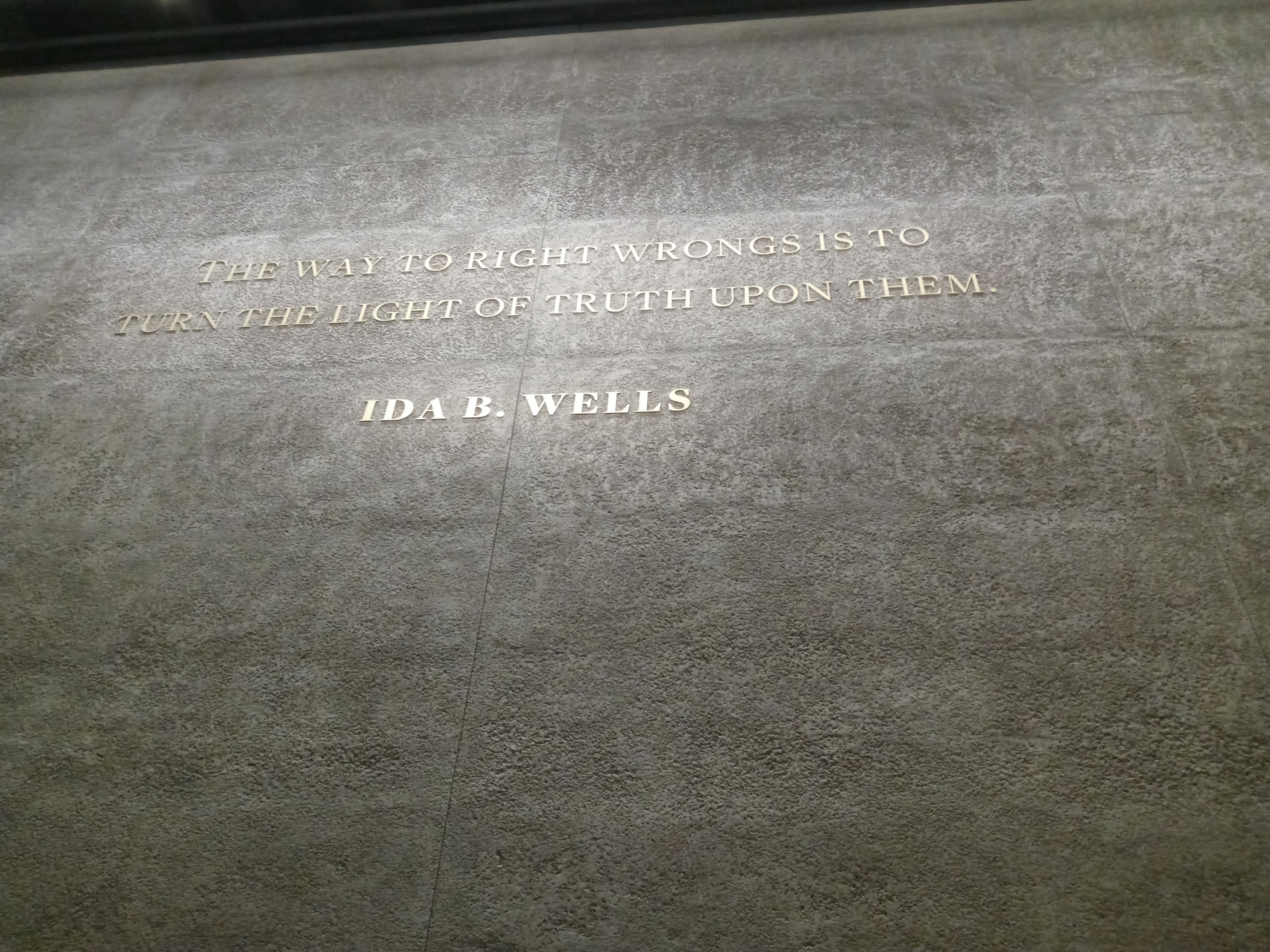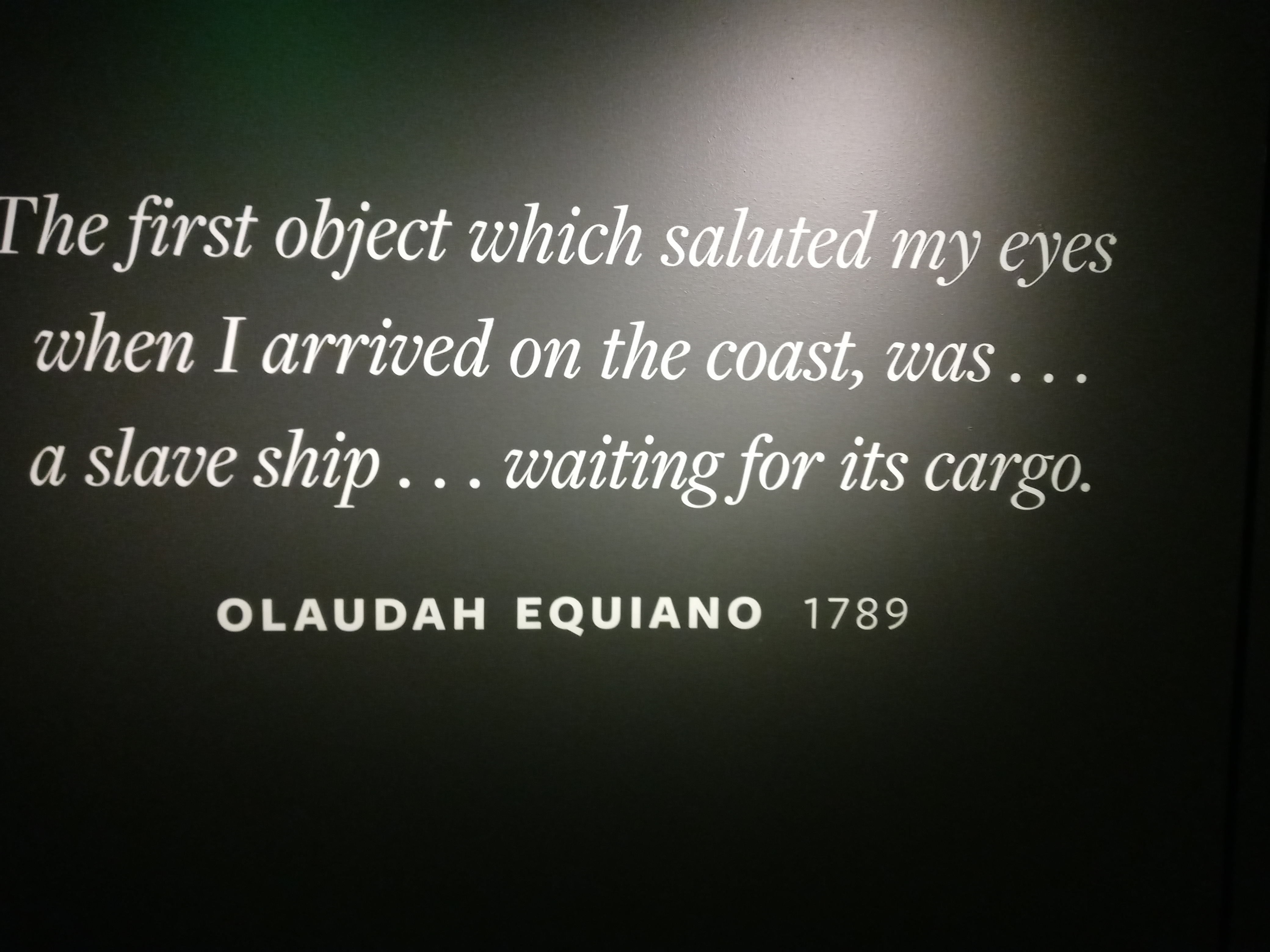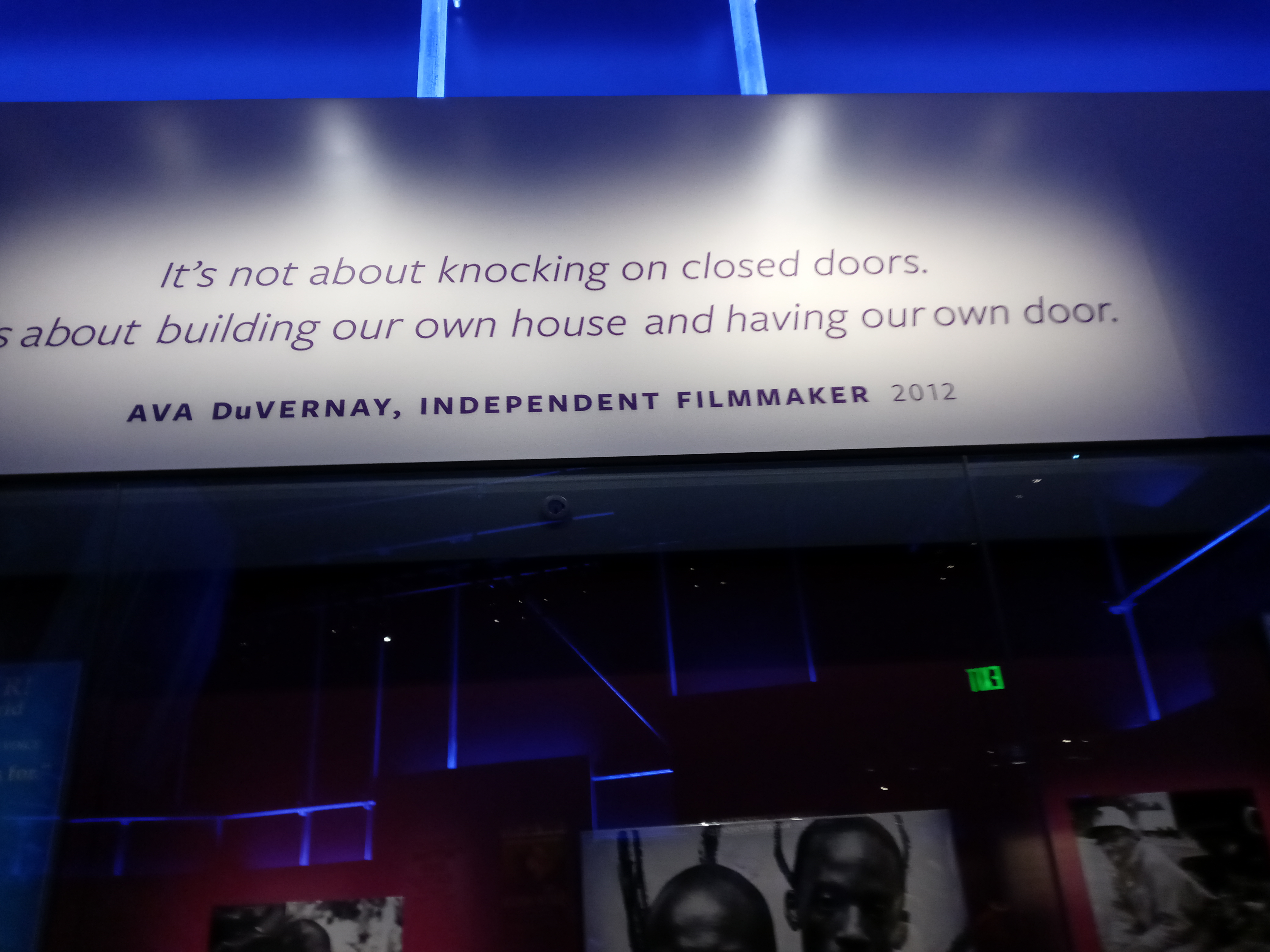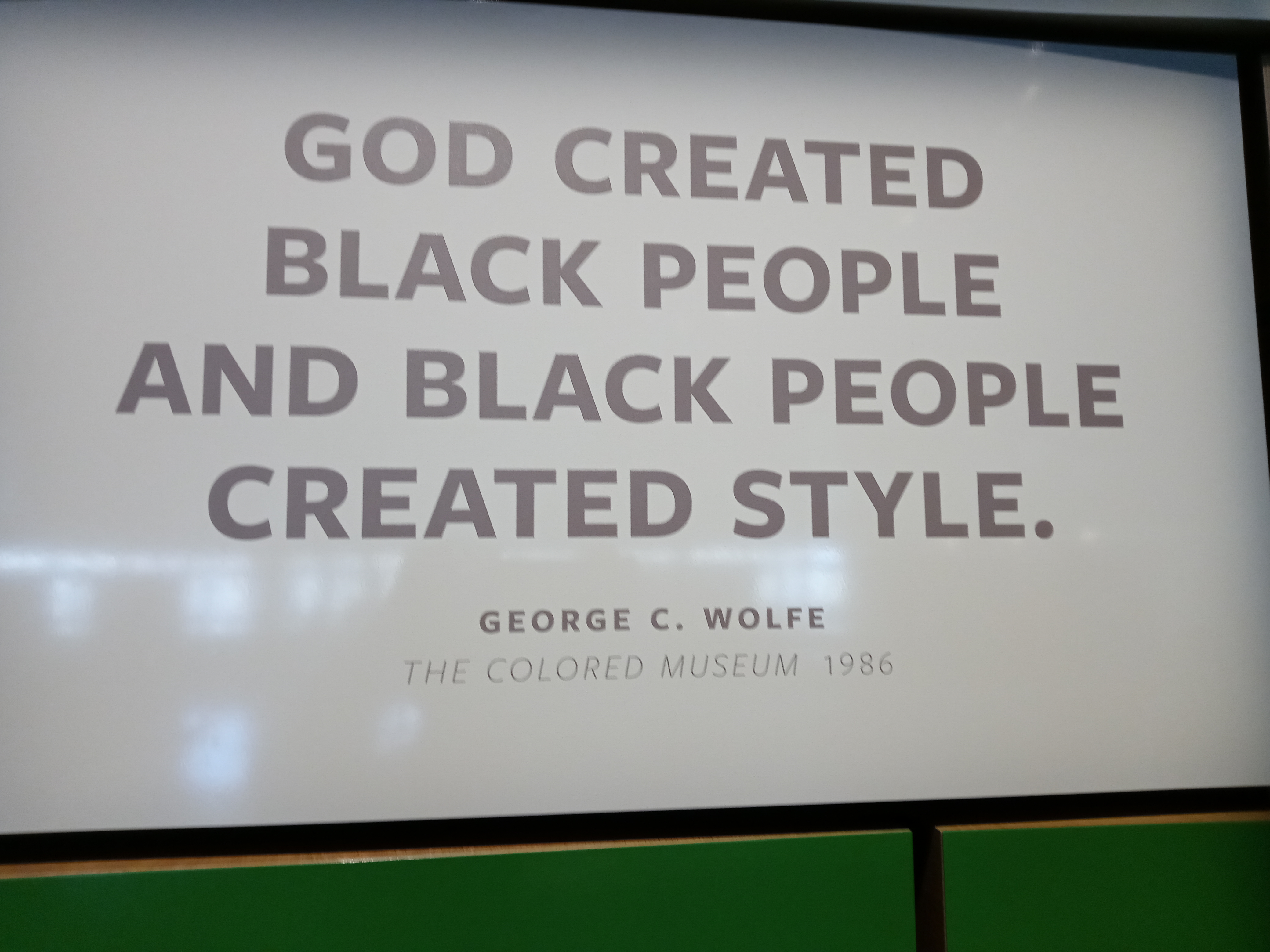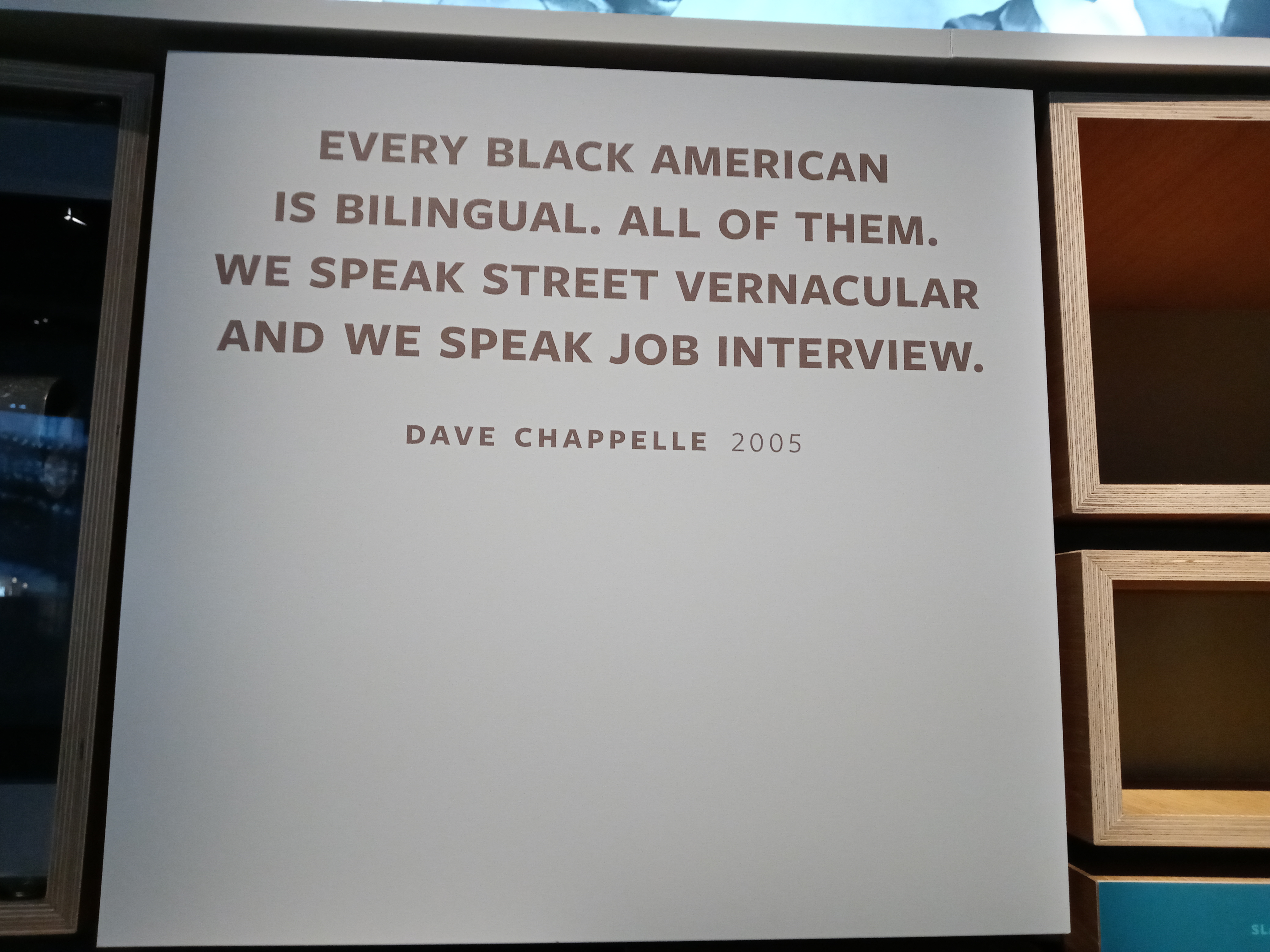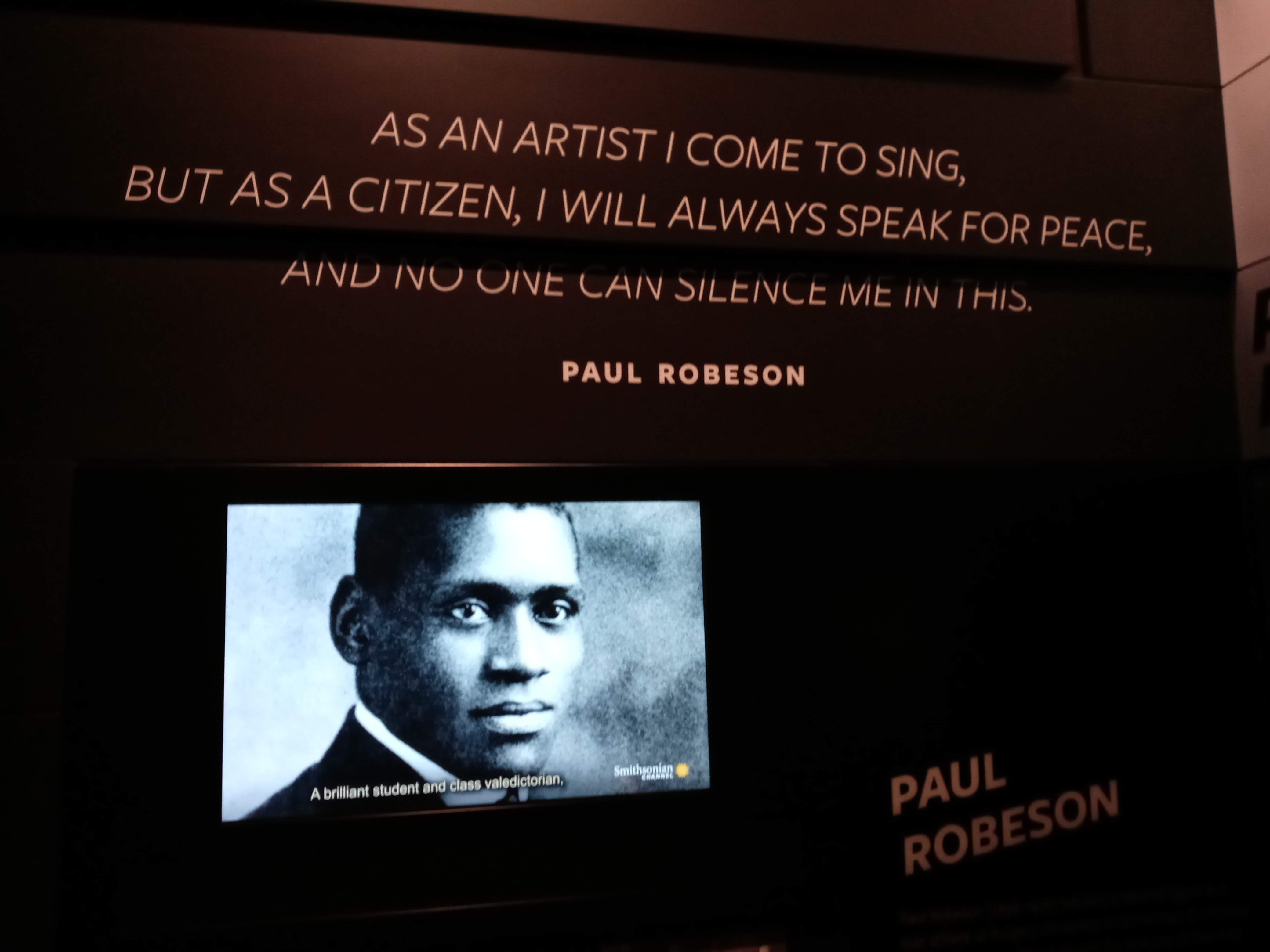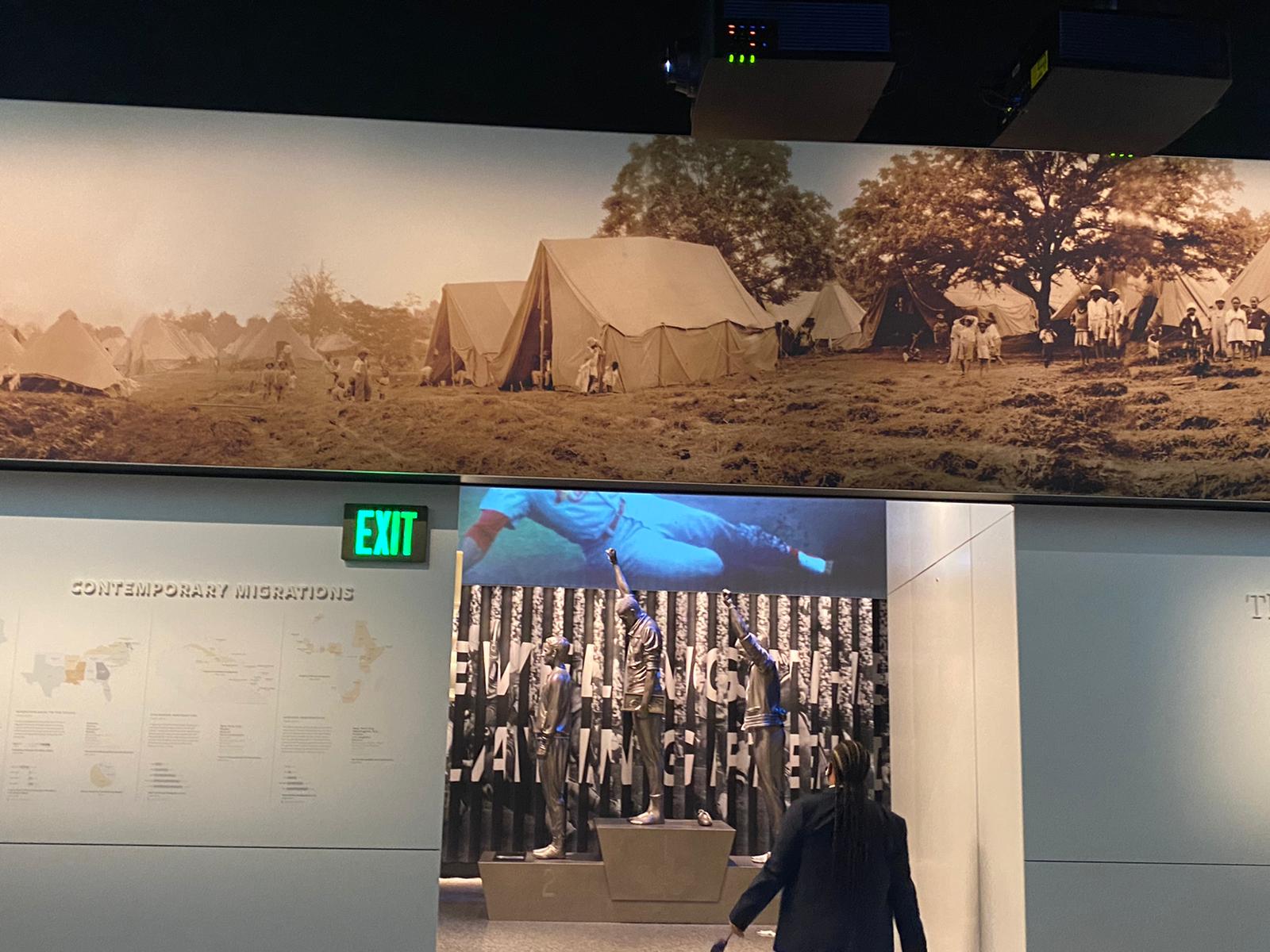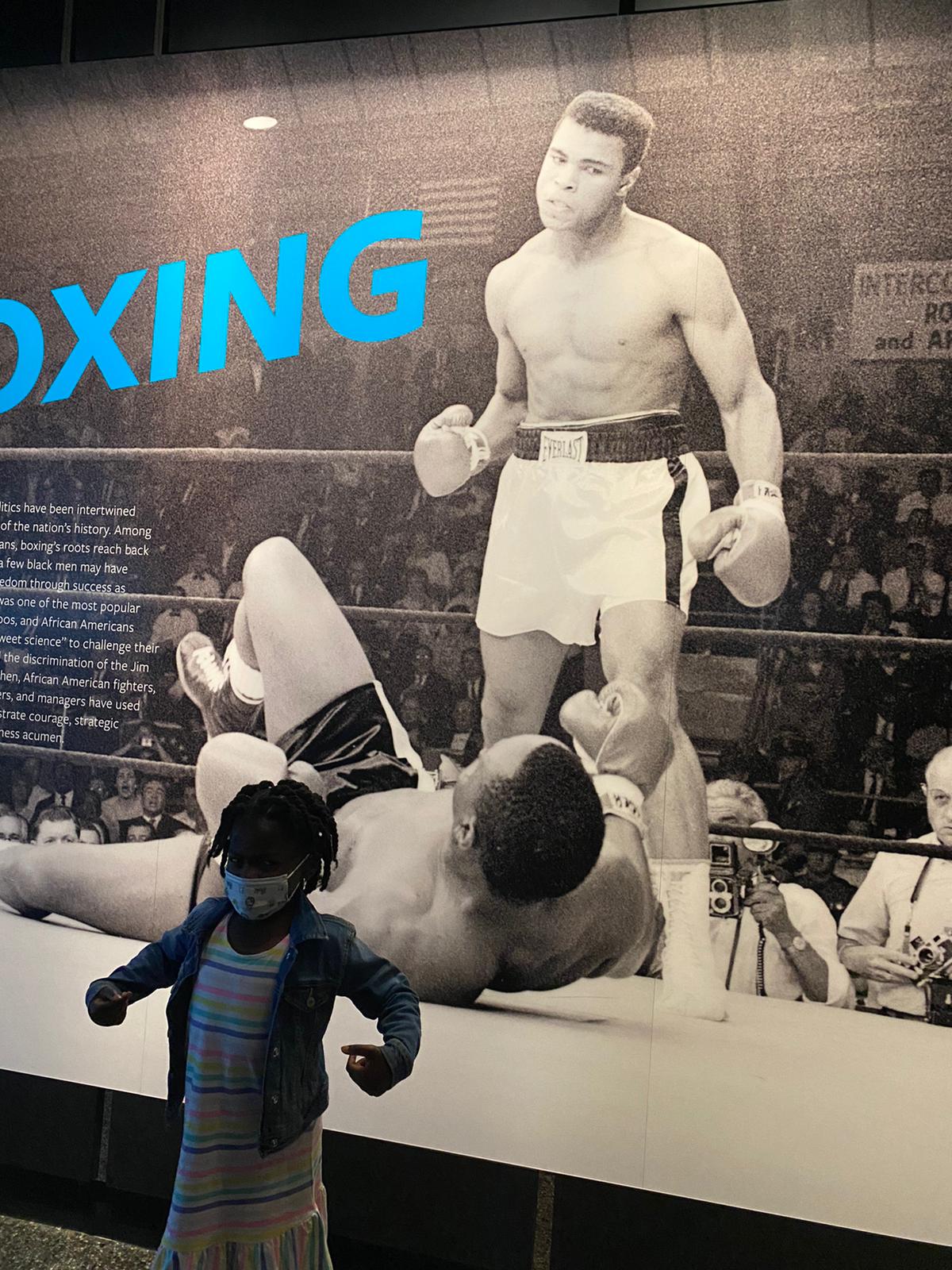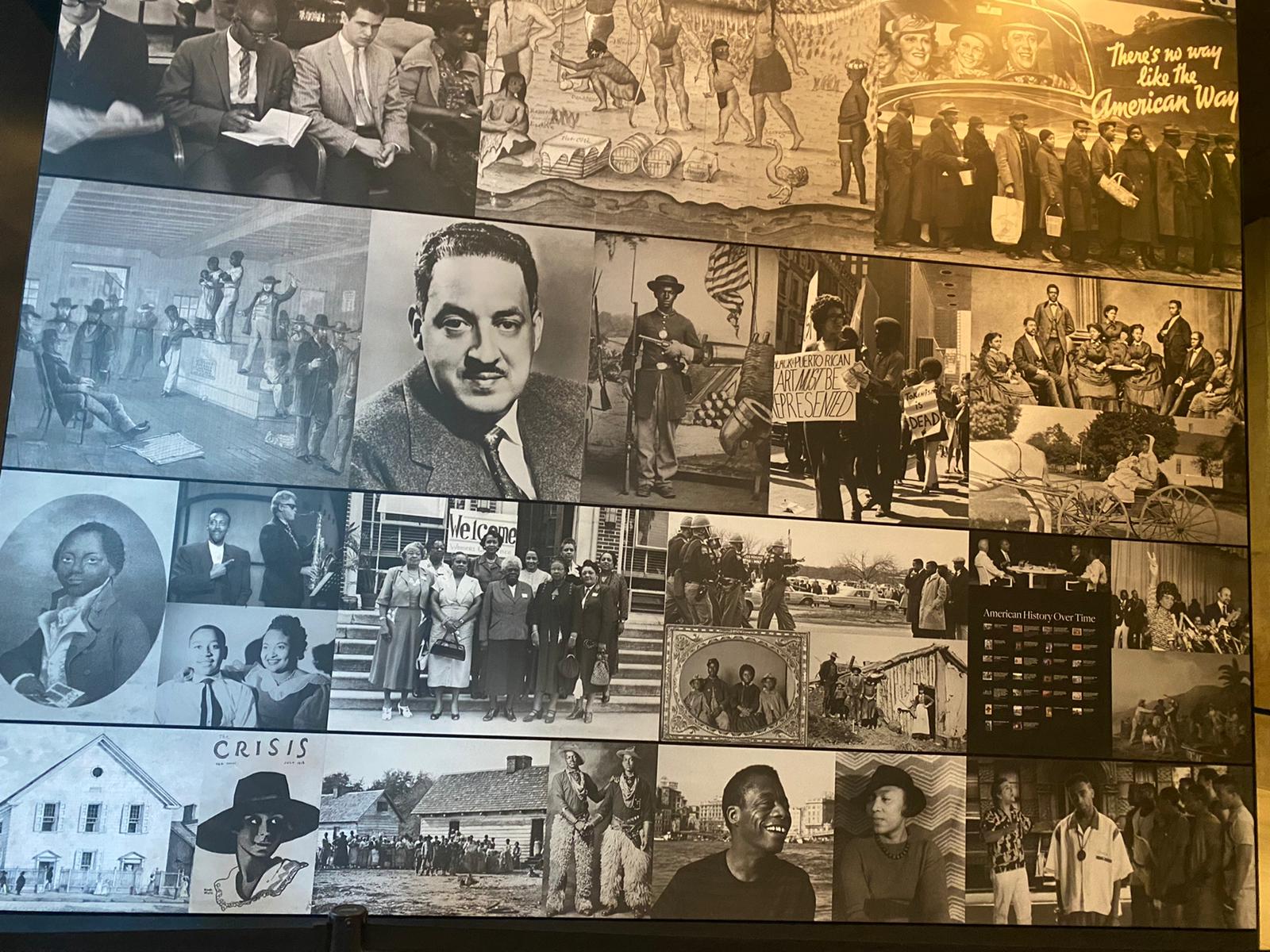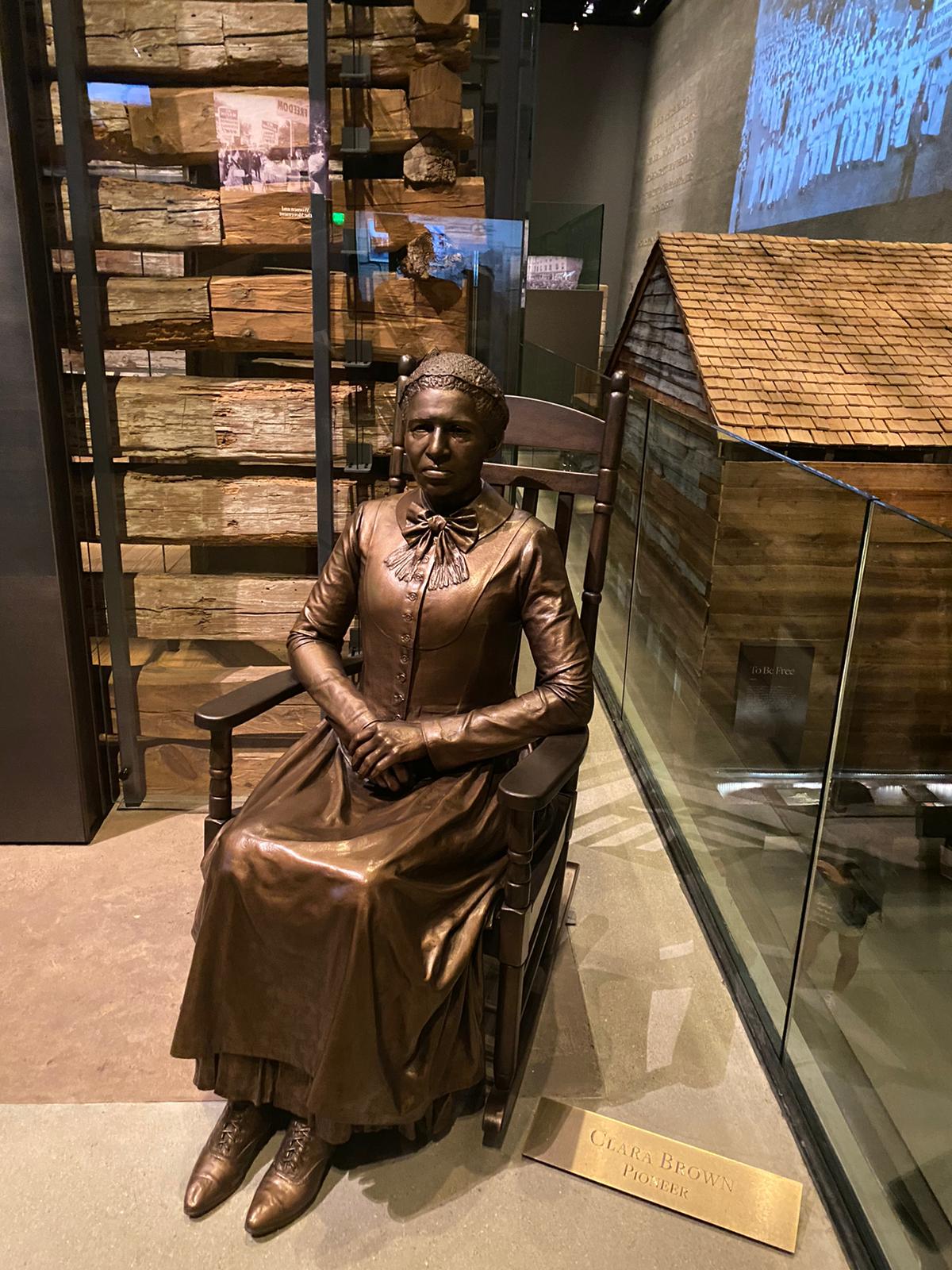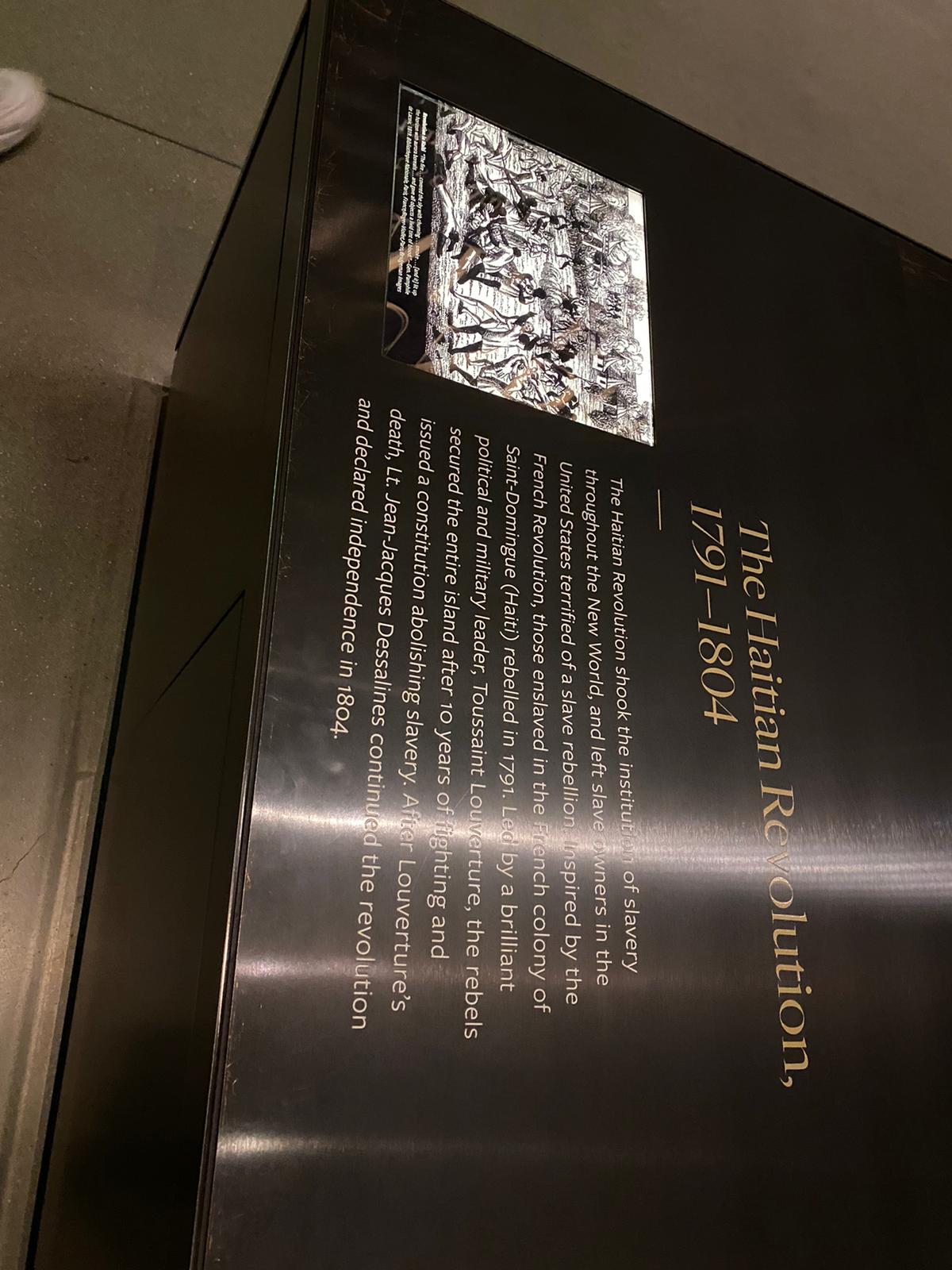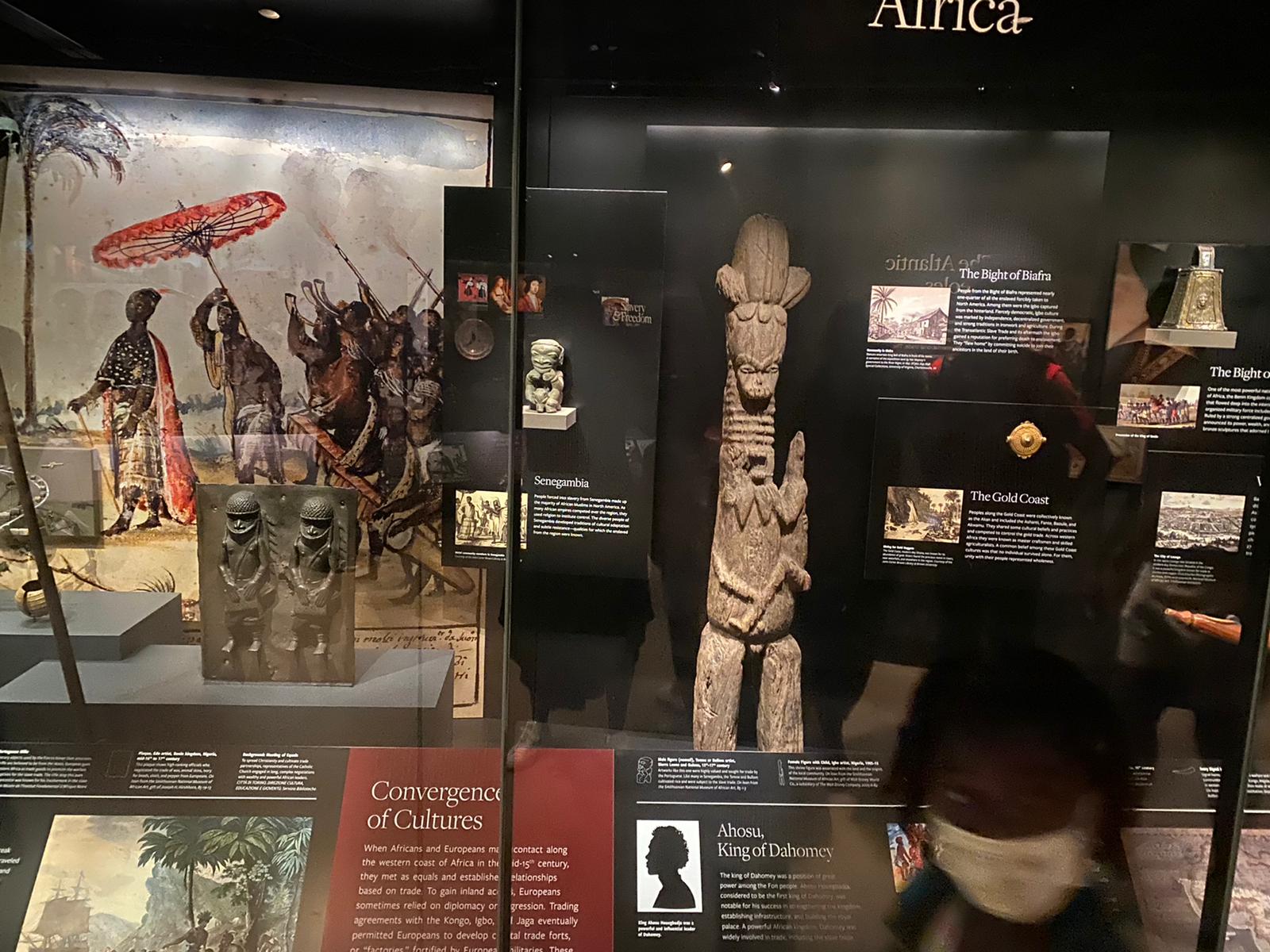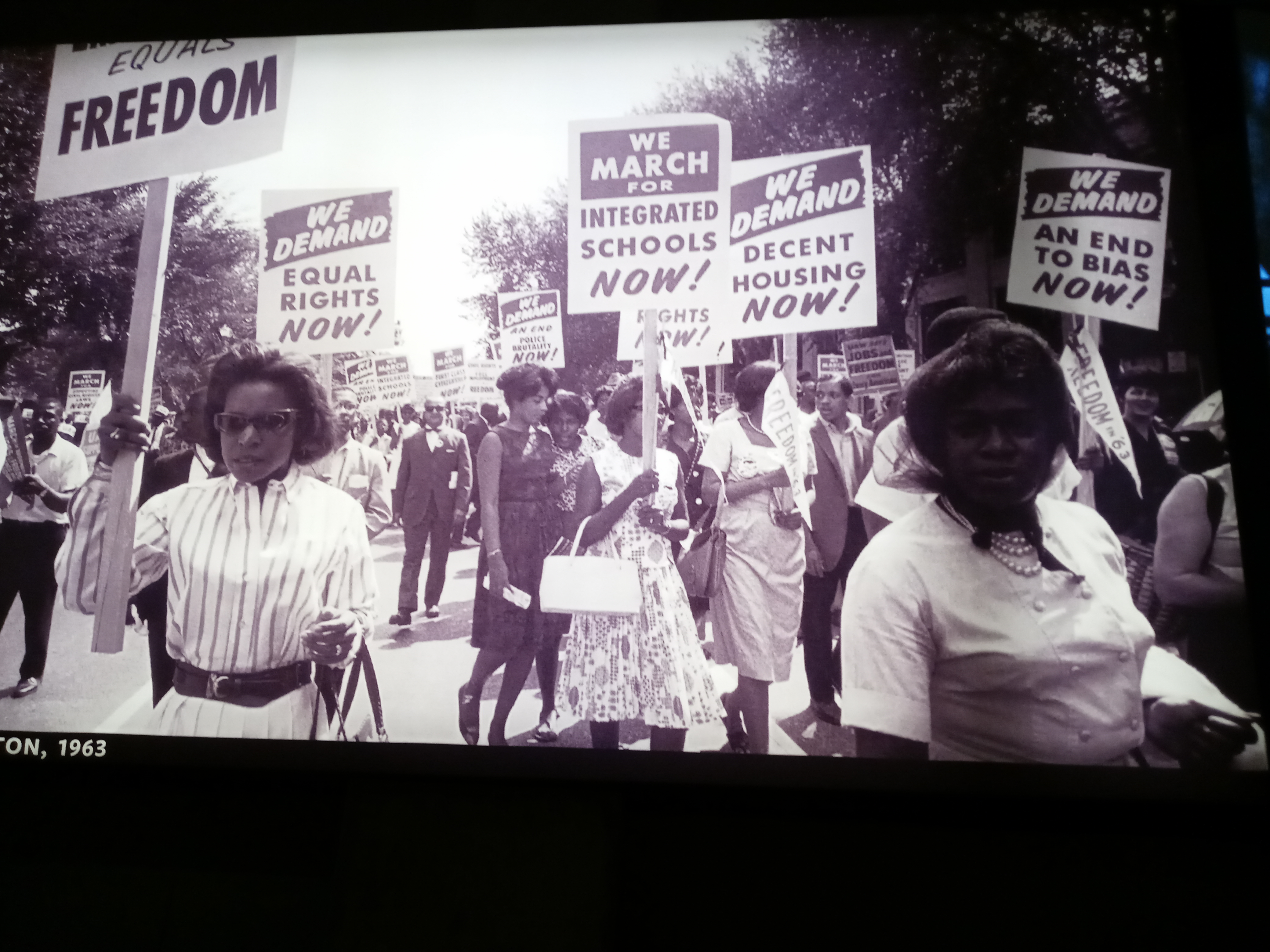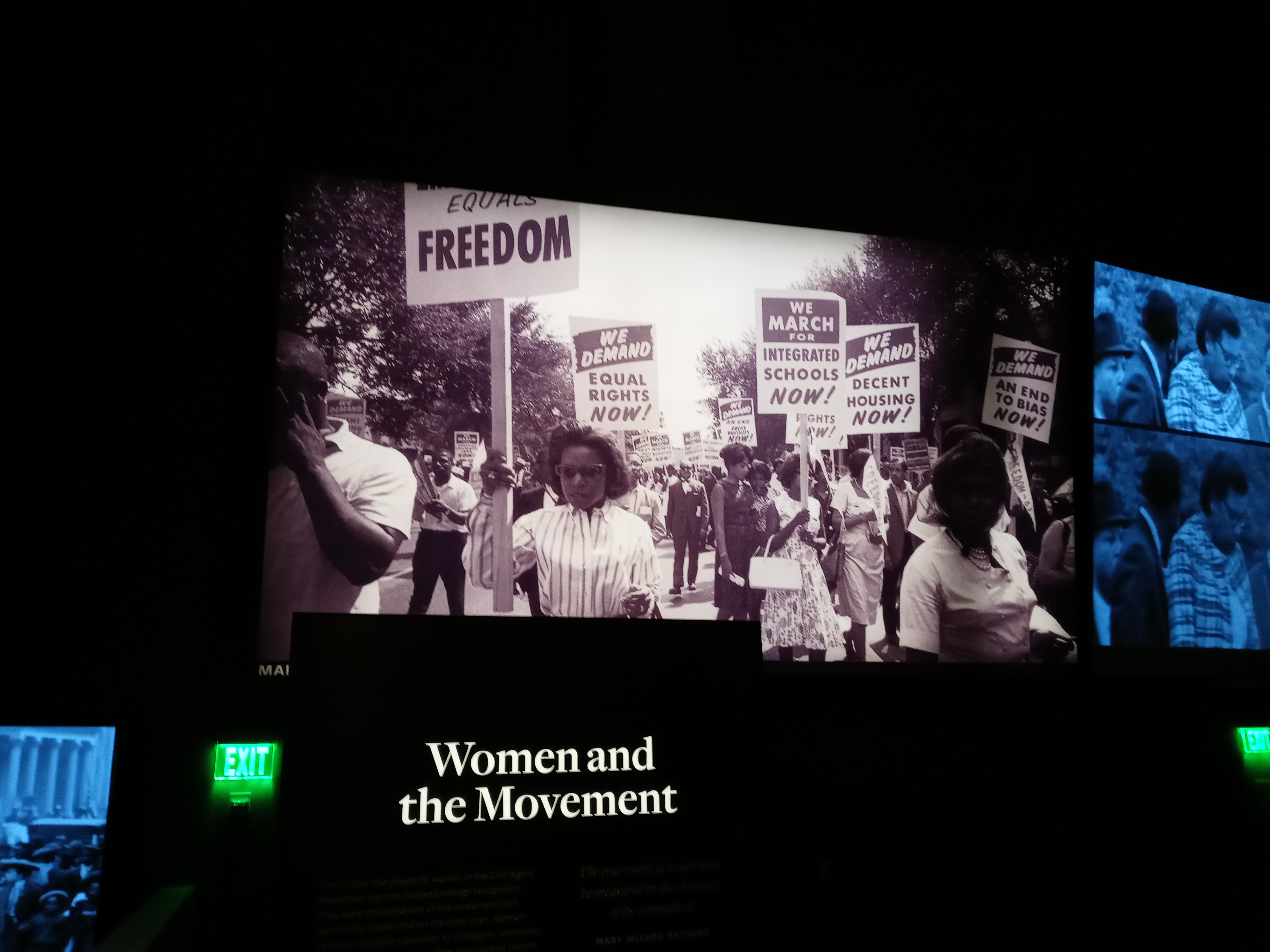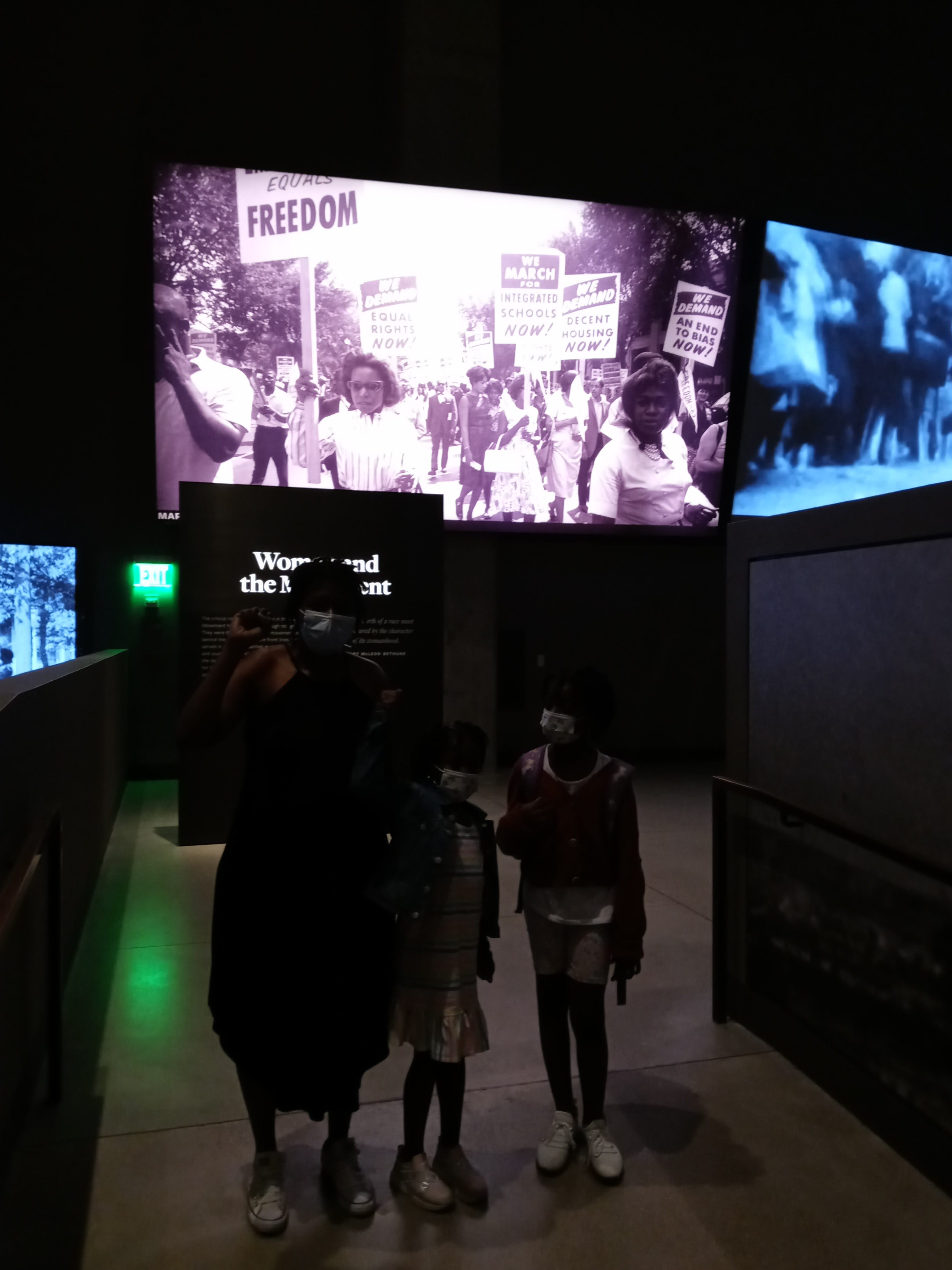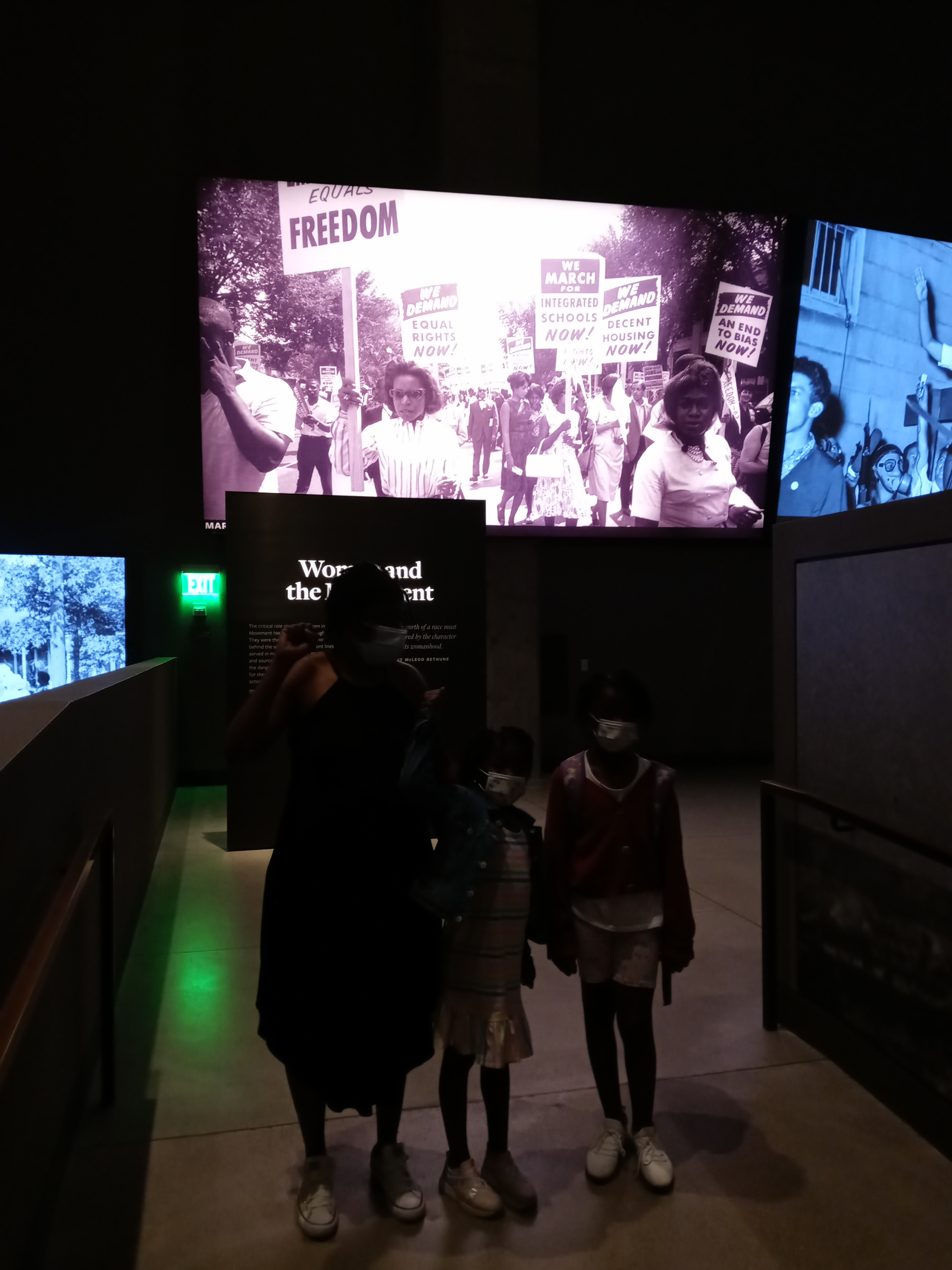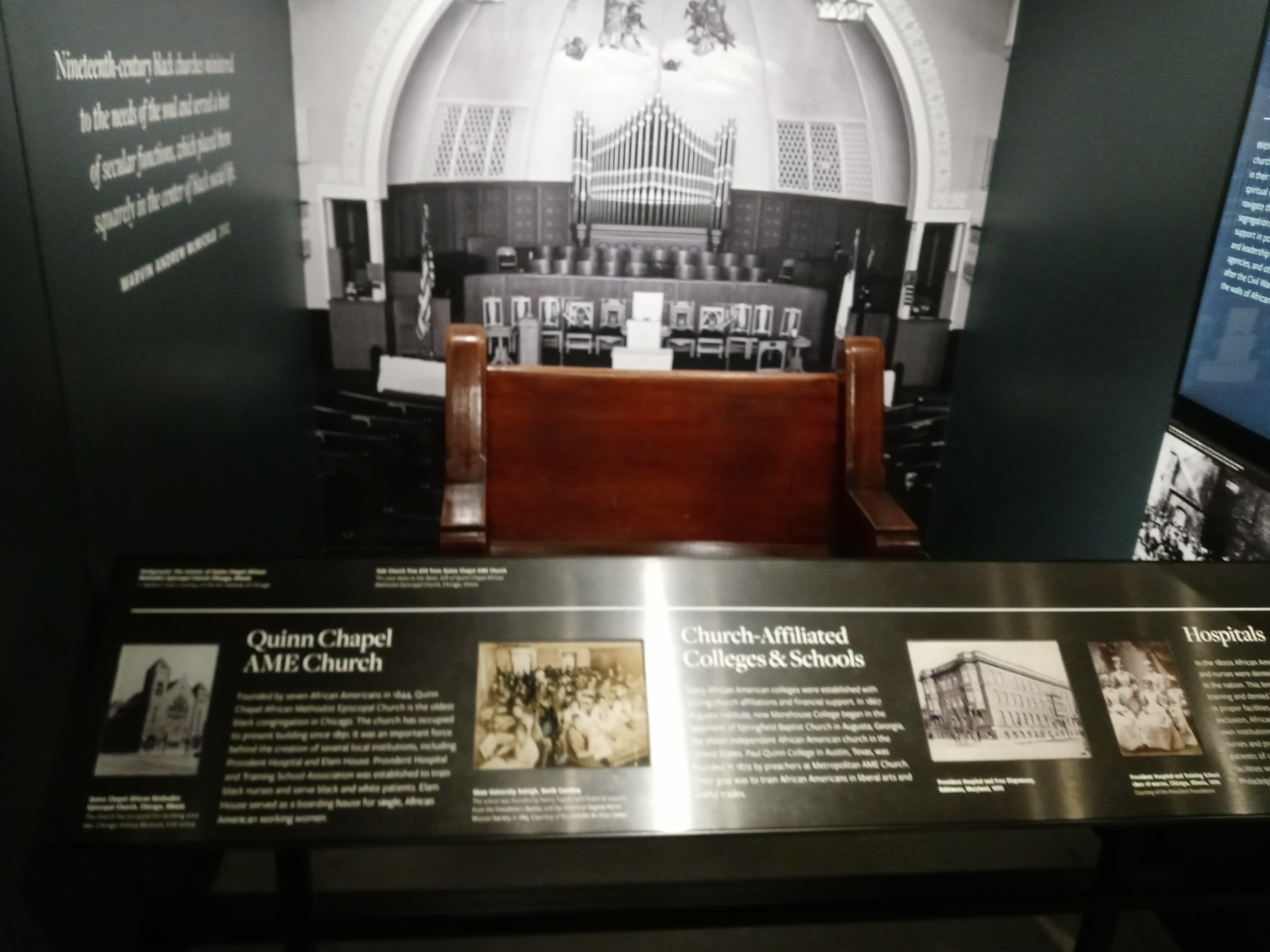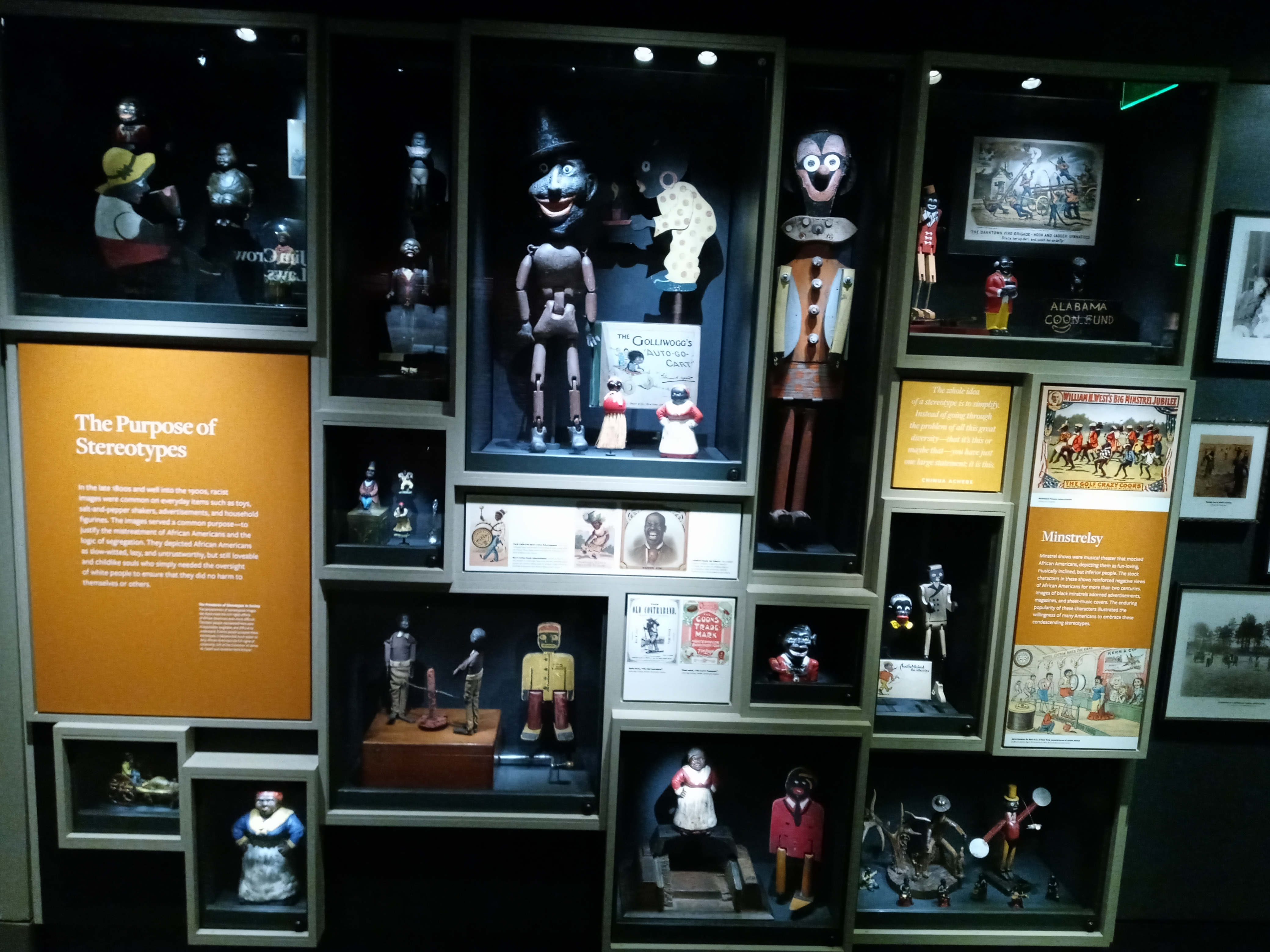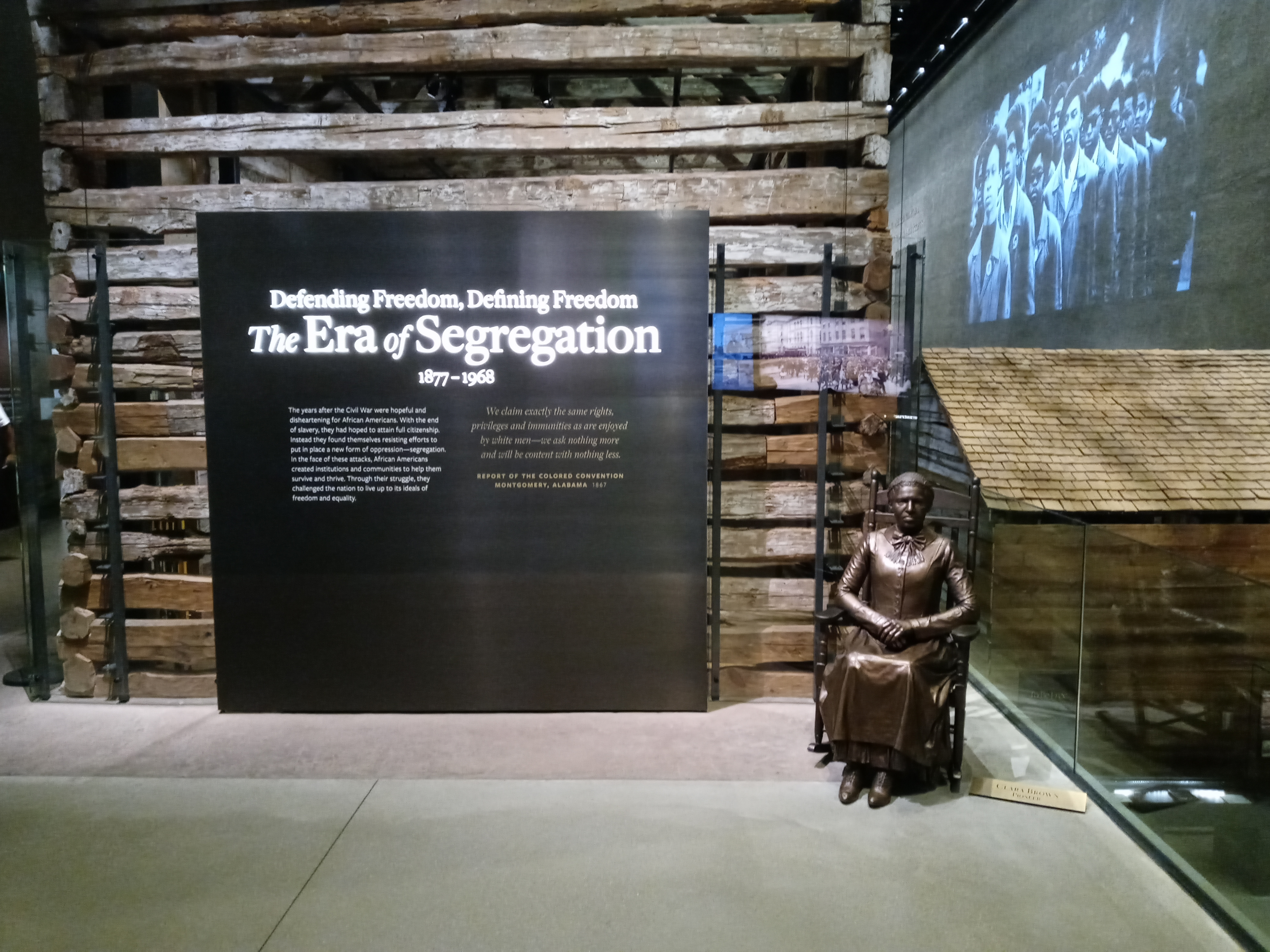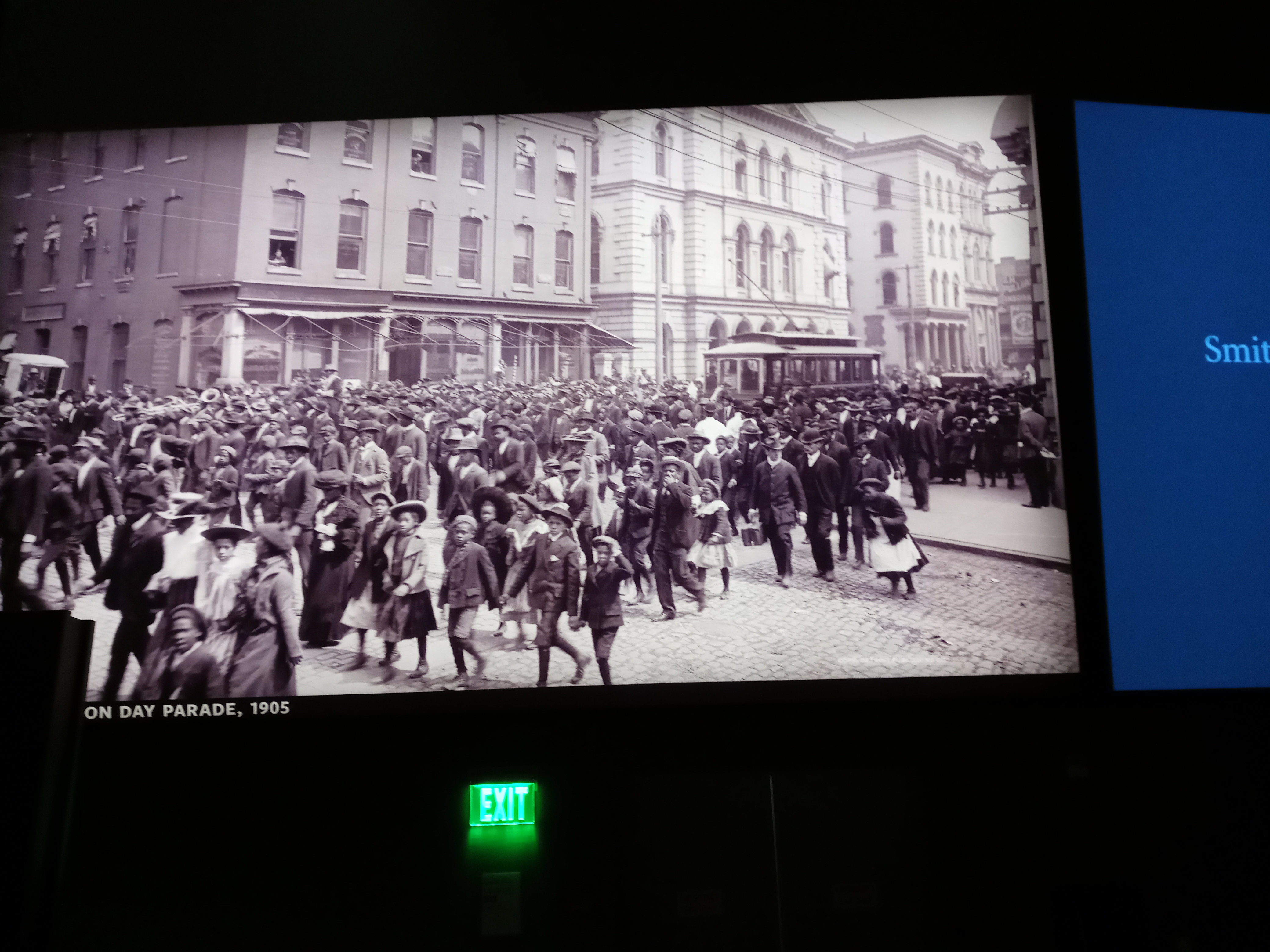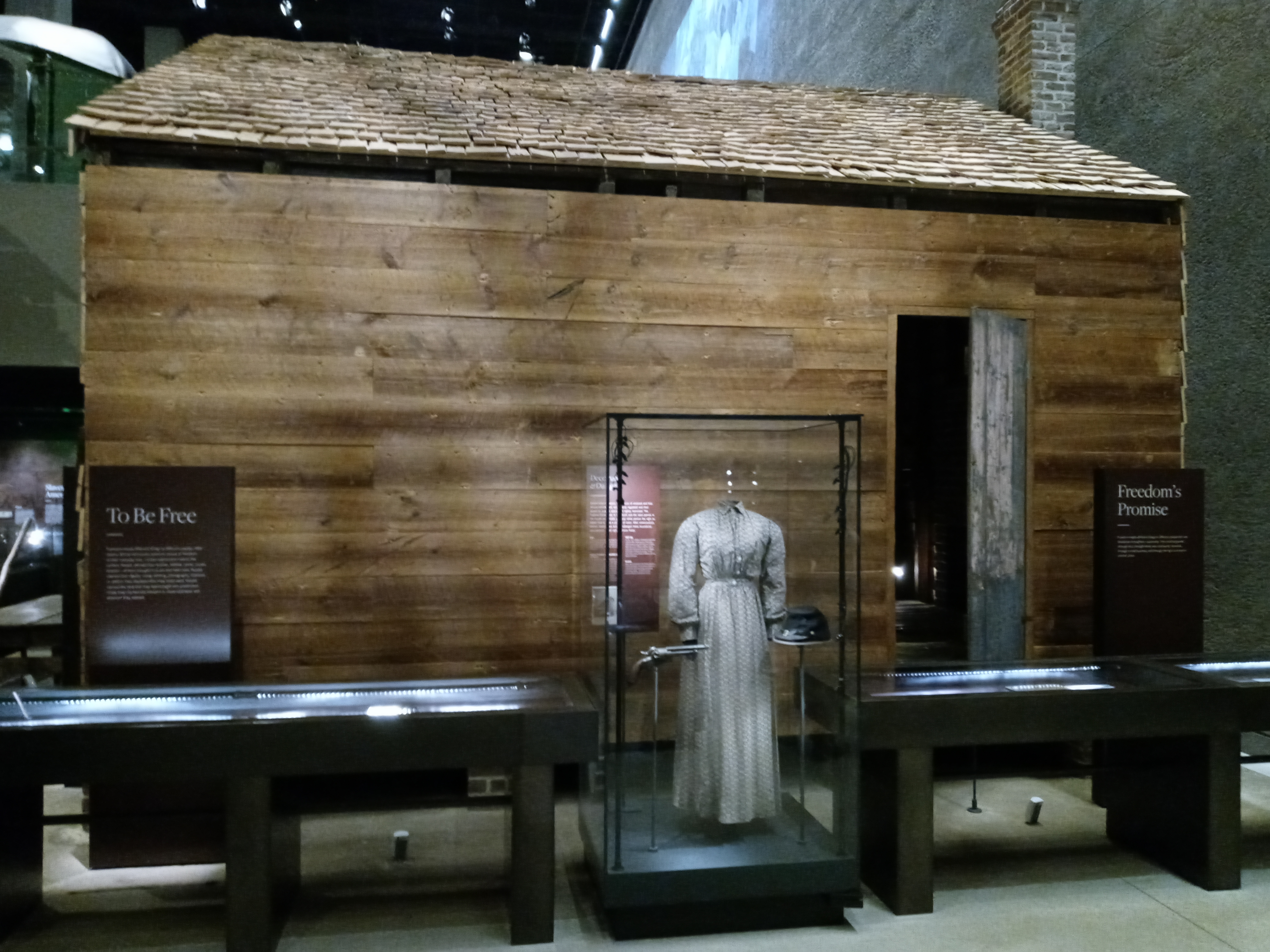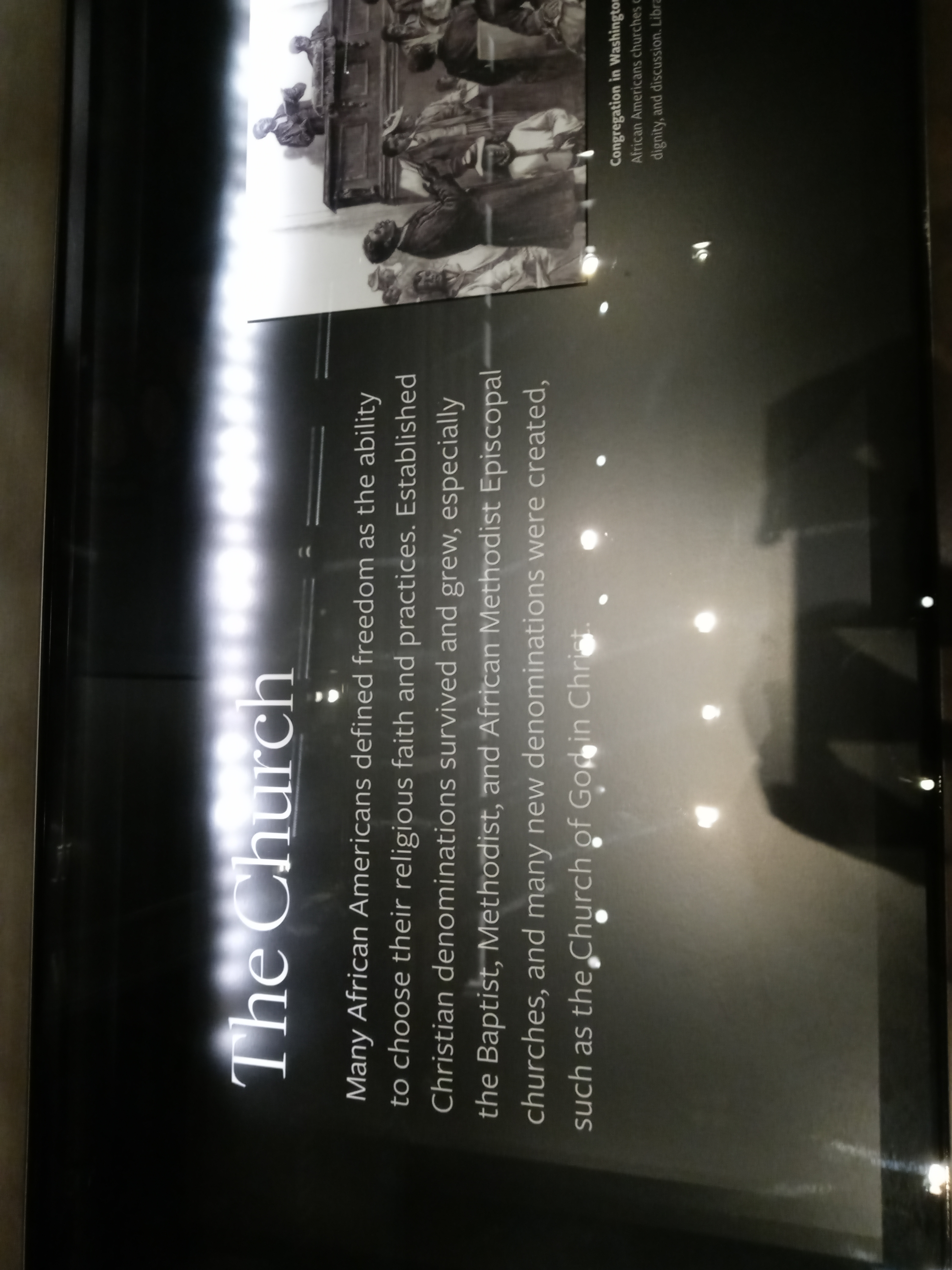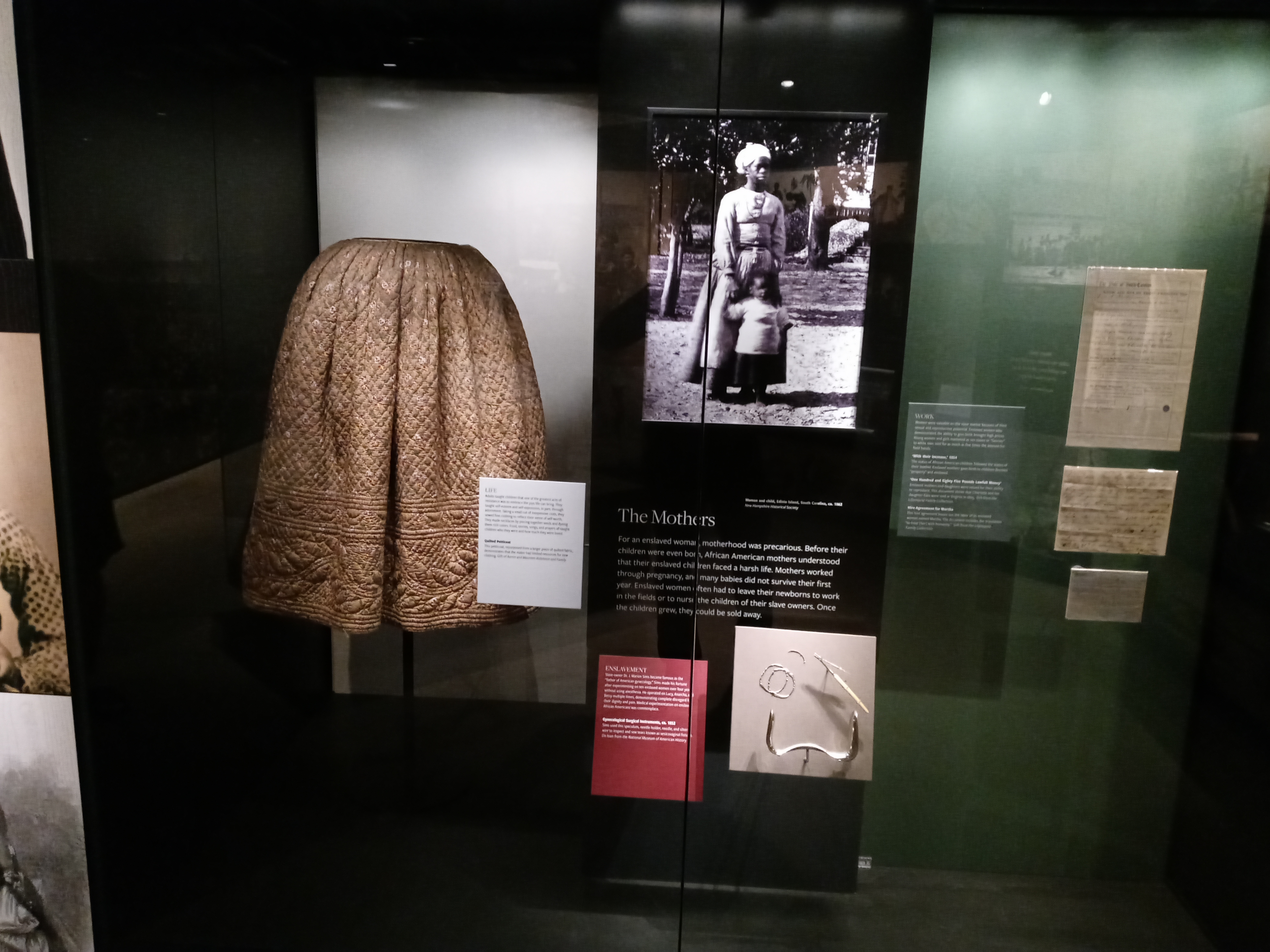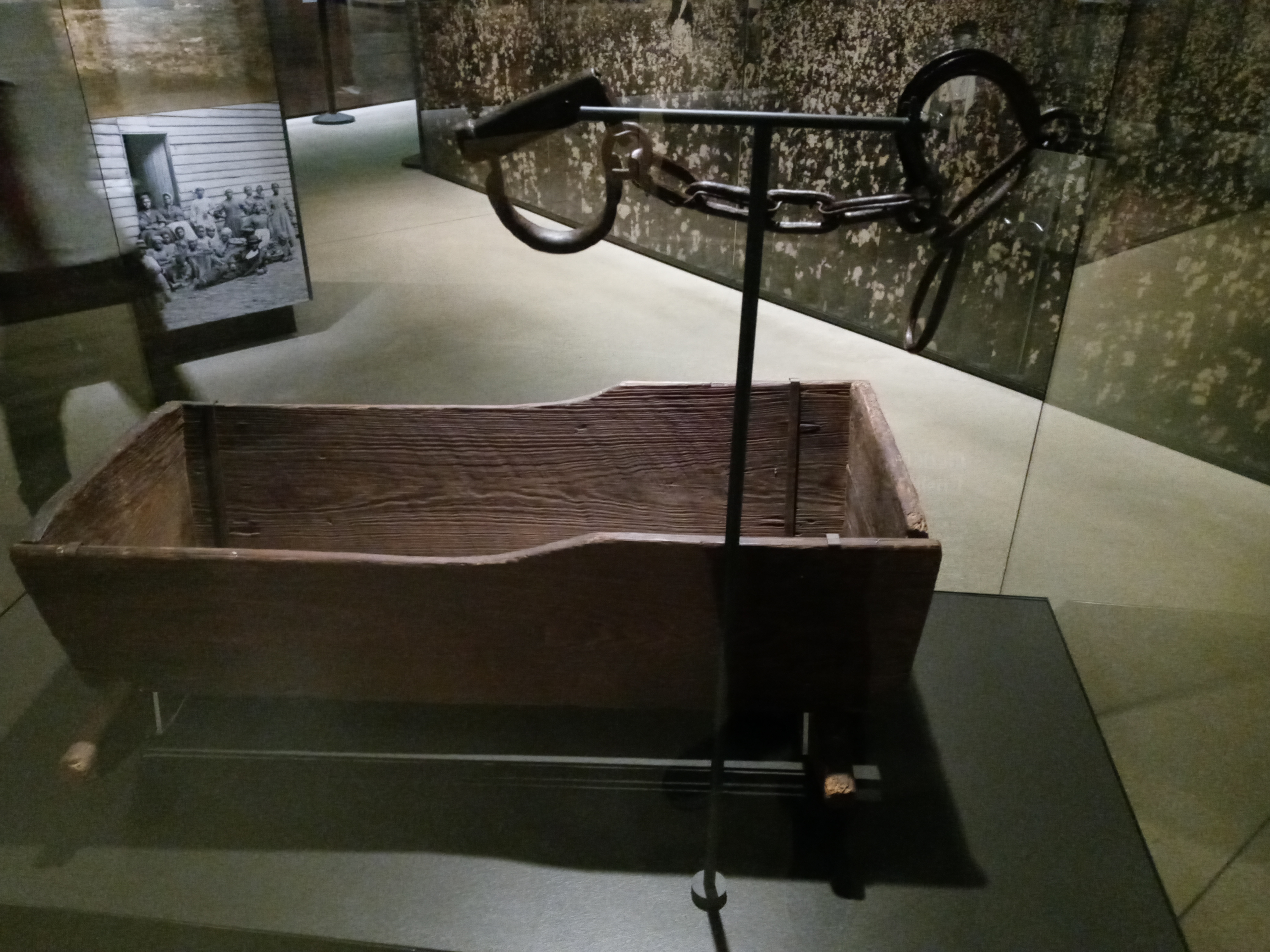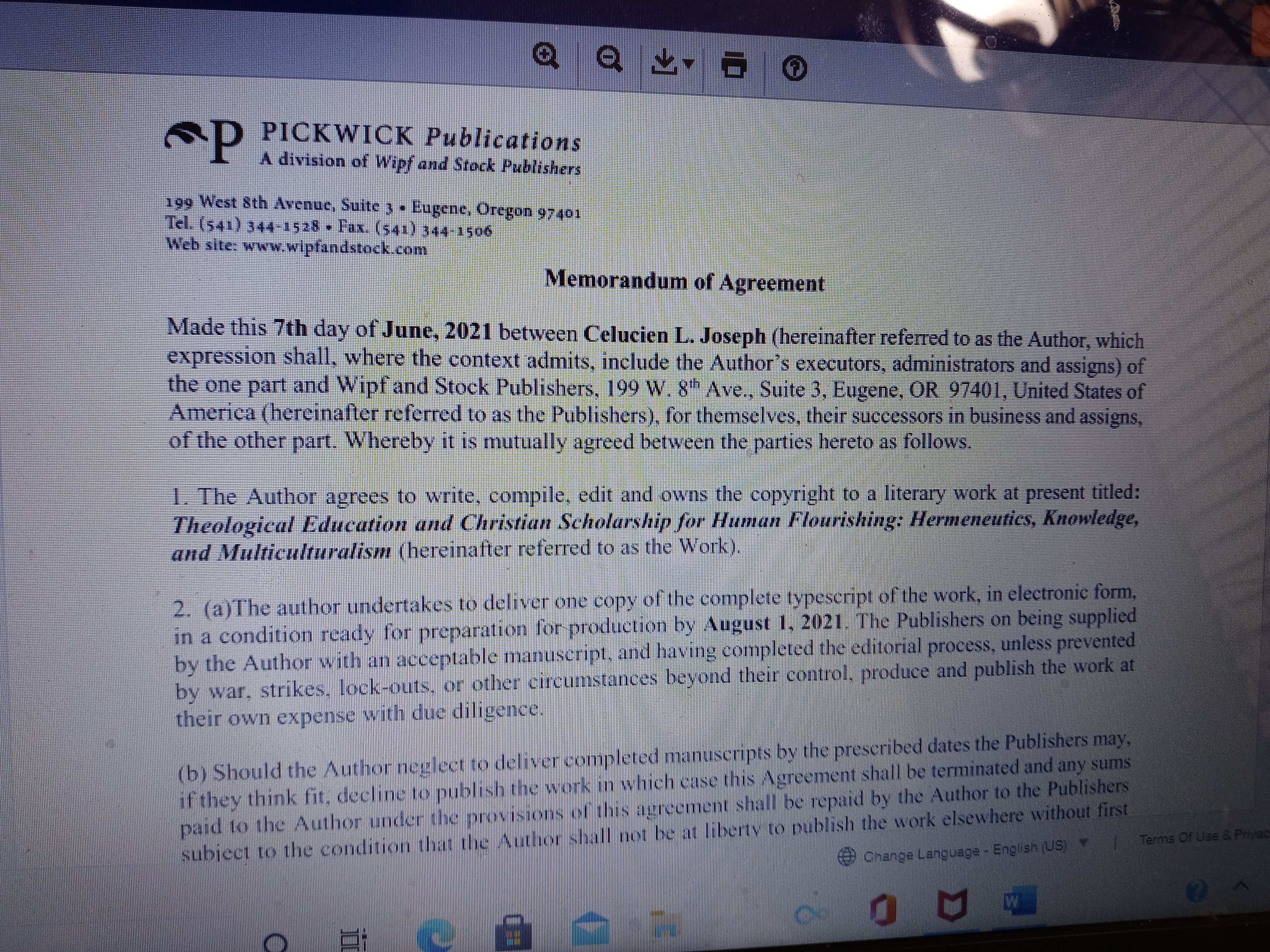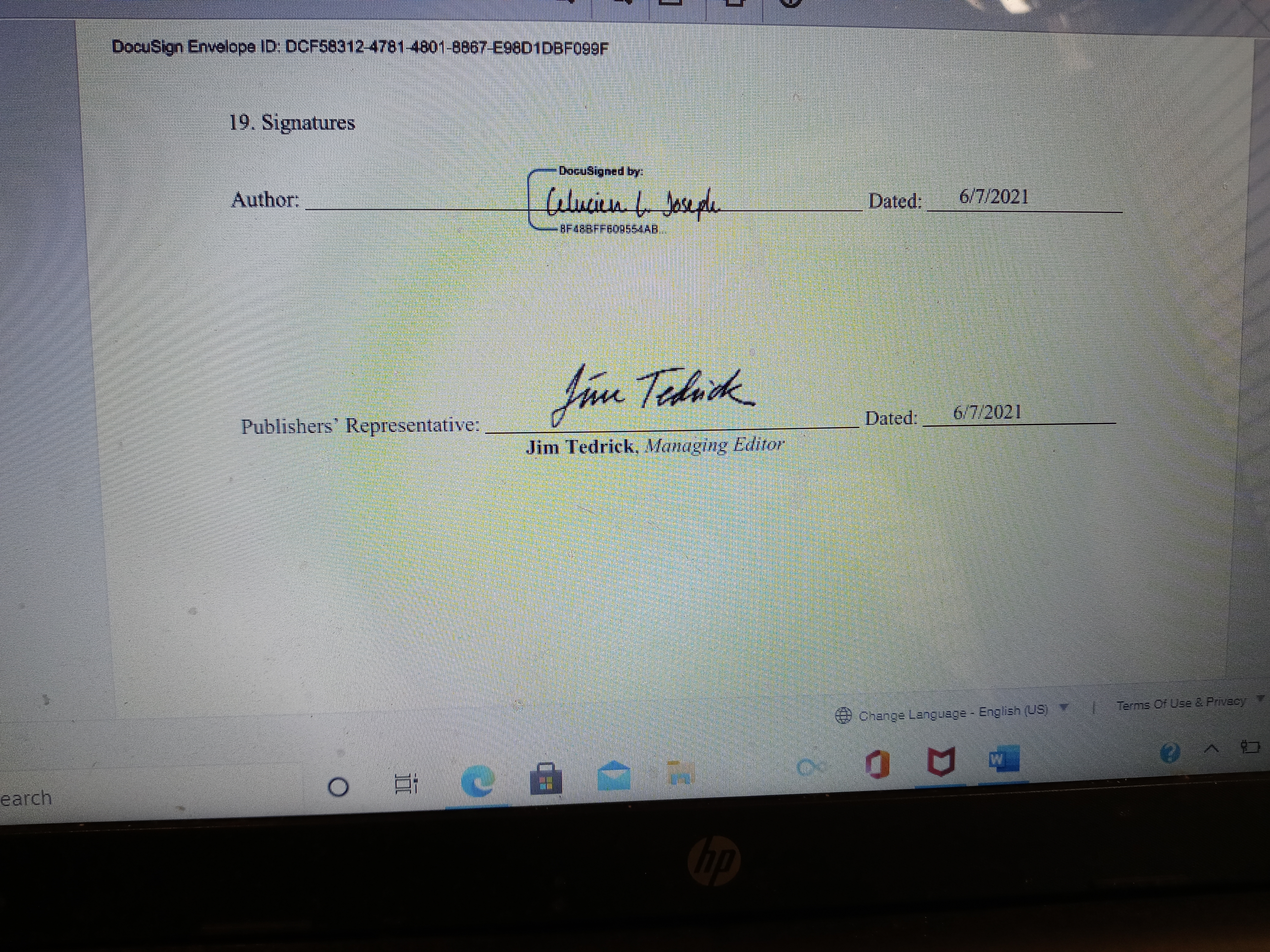“The Divine Message and World Politics in Acts 12 or the Death of Herod and the Triumph of the Word of God”
“21 On the appointed day Herod, wearing his royal robes, sat on his throne and delivered a public address to the people. 22 They shouted, “This is the voice of a god, not of a man.” 23 Immediately, because Herod did not give praise to God, an angel of the Lord struck him down, and he was eaten by worms and died. 24 But the word of God continued to spread and flourish” (Acts 12:21-24).
The sudden death of King Herod marks the end of a powerful political era in the Roman Empire, and the beginning of a new trans-political force: the birth and triumph of Christianity in the ancient world. Interestingly, Luke, the theologian-historian, and the author of the book of Acts—a historical book about the beginning and spread of Christianity in the Roman Empire and beyond coupled with the activities of various Christian communities or groups—articulates a high view of Scripture in relation to the local and global politics of his times. Luke does not exclude the early Christians from political engagement in the Empire nor does he present explicitly the birth of this new religion, that is, Christianity, in the Roman Empire, as a rival to cultural politics. Ideologically, Luke intends to offer a divine perspective about the cultural phenomena and political events of his times without denigrating the relevance of culture and politics in the life of the early Christians and the citizens of the Roman Empire. Paradoxically, because Luke’s primary goal in Acts was to show the fulfillment of the “Plan and Word of God” and the “Works and Promises of Jesus,” the Jewish Messiah and Savior of the World, he presents the Word of God in opposition to any human thought and action and political administrations and interventions that contradict the divine plan and message communicated through the divine Word. Yet the Roman Empire and its transnational politics helped the spread and triumph of Christianity in the ancient world.
In Acts 12, Luke recounts two major events that took place in the Empire, and both transformed Roman politics and foreign relations with the surrounding nations: the successful death of King Herod and the end of a brutal and corrupt administration, and the continuity of the Word of God and the spread of Christianity in the ancient world. In other words, when Herod dies, the Word of God continues. (This double-event is analogous to the powerful story Prophet Isaiah recounts in Isaiah 6: “In the year that King Uzziah died, I saw the Lord, high and exalted, seated on a throne; and the train of his robe filled the temple.” For Isaiah, there is only one sovereign King-Ruler in the universe: Yahweh the eternal King; similarly, for Luke, there is only one sovereign message in the world: the triumphant message of the Good News. Yahweh is sovereign, and his Word has a dominant characteristic. Both Isaiah and Luke give a God-entranced vision of human history through the lens of divine revelation and the divine Word.) No political forces or cosmic powers could withstand the influence and propagating message of what he has rightly called, “the good news” (The Gospel) to the nations. While the reader might see two powers in display in this passage or two opposite poles here, Luke, however, stresses the dominance of the Message of God, which he interprets as a spiritual power over the political world.
Further, Luke wanted to emphasize the success of the Word of God amid cultural uncertainty and chaos and political instability and misjudgment. By implications, he also sought to highlight that world’s leaders, even the most powerful ones, will fail and eventually die, but the Message of God will live and prevail in moments of crisis like the one he described in Acts 12. Most importantly, Luke presents the divine Word as a radically cosmic event that is against (all evil) empires and earthly powers and all of that which is against the will and plan of God in global history and world politics. For Luke, the Divine Word will always prevail over empires and (powerful) political forces, and cultural ideologies. In the remaining part of Acts, Luke provides supporting details how the early Christians in the Roman Empire and surrounding nations were not cultural conformists and fundamentalists; rather, they were radical framers of a new cultural and political era in the ancient world. Luke’s Christianity confronted evil empires/governments and destructive cultural ideologies deferring human progress and human flourishing in society and the world. Correspondingly, the early Christians in Luke’s book remain committed to the transforming and liberative power of the Divine Word.
In summary, I conclude this short reflection with three chief ideas in the book of Acts that establish an interesting rapport between the divine Message and world politics, and Luke’s high view and vision of Scripture in this historical and theological text:
- Luke, the historian-theologian, maintains that when politics fail, the Word of God can be trusted. While he believed that good politics could lead to the good life, but the divine Word will lead to a better and more promising life in this world and the one beyond—what he calls the “eternal life.”
- Luke sustains the idea that when political ideologies and philosophies no longer work in society, the Word of God is still relevant. In other words, political affiliation has an end and is not adequate for the holistic enrichment of life and the welfare of citizens. By contrast, the wisdom of the divine Word should inform political decisions and interventions.
- Finally, Luke believes that when human powers lose strength or weaken, the Word of God empowers and stays firm. All human powers and political governments are temporary, ephemeral, and will not succeed the best of times—as rightly observed with the eventual fall of the Roman Empire, the most powerful political force in the ancient world; for Luke, however, the divine Message is relentless, unswerving, and will stand the best and worst of times, including the most aggressive empires and political governments in contemporary times and post-colonial moments.




